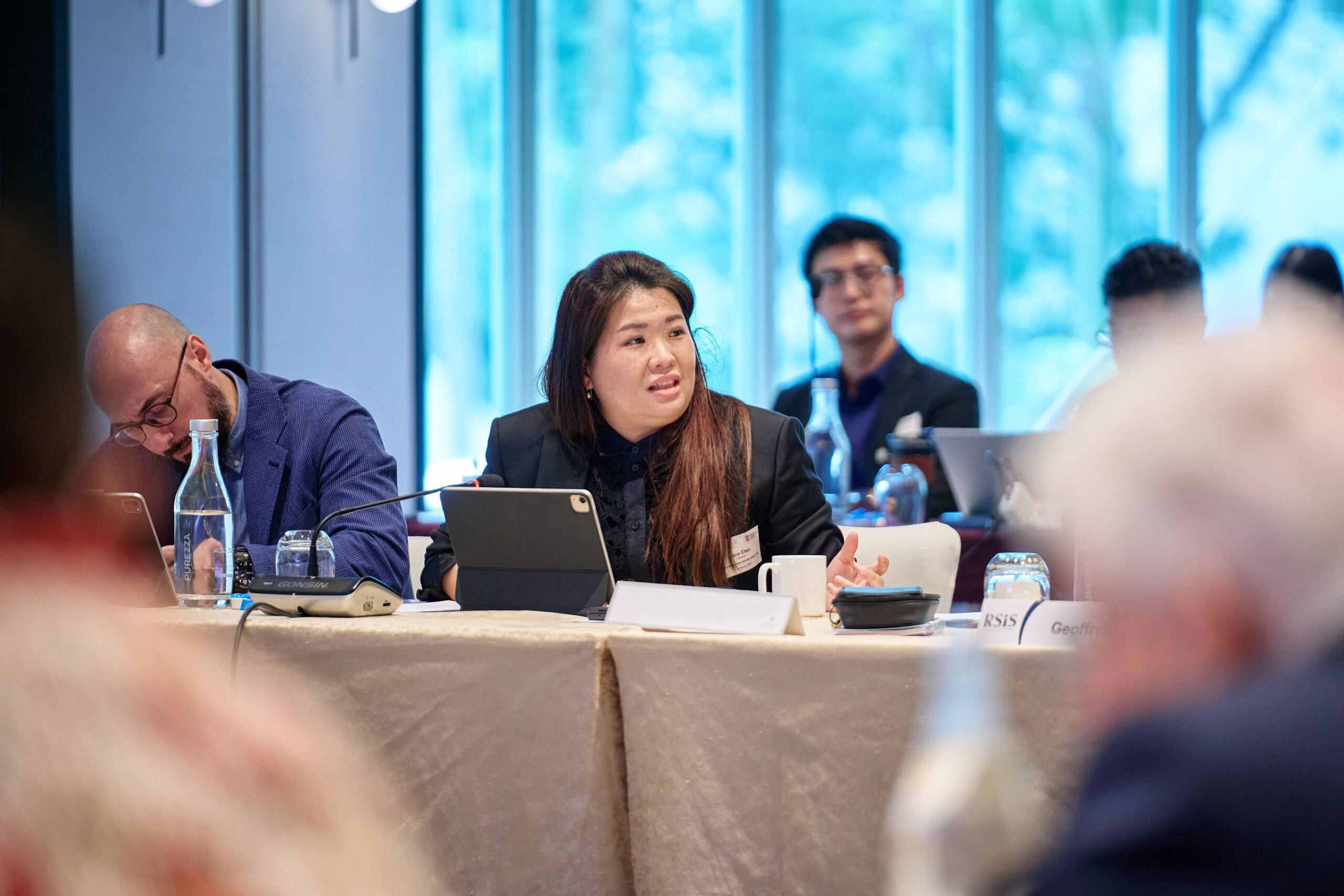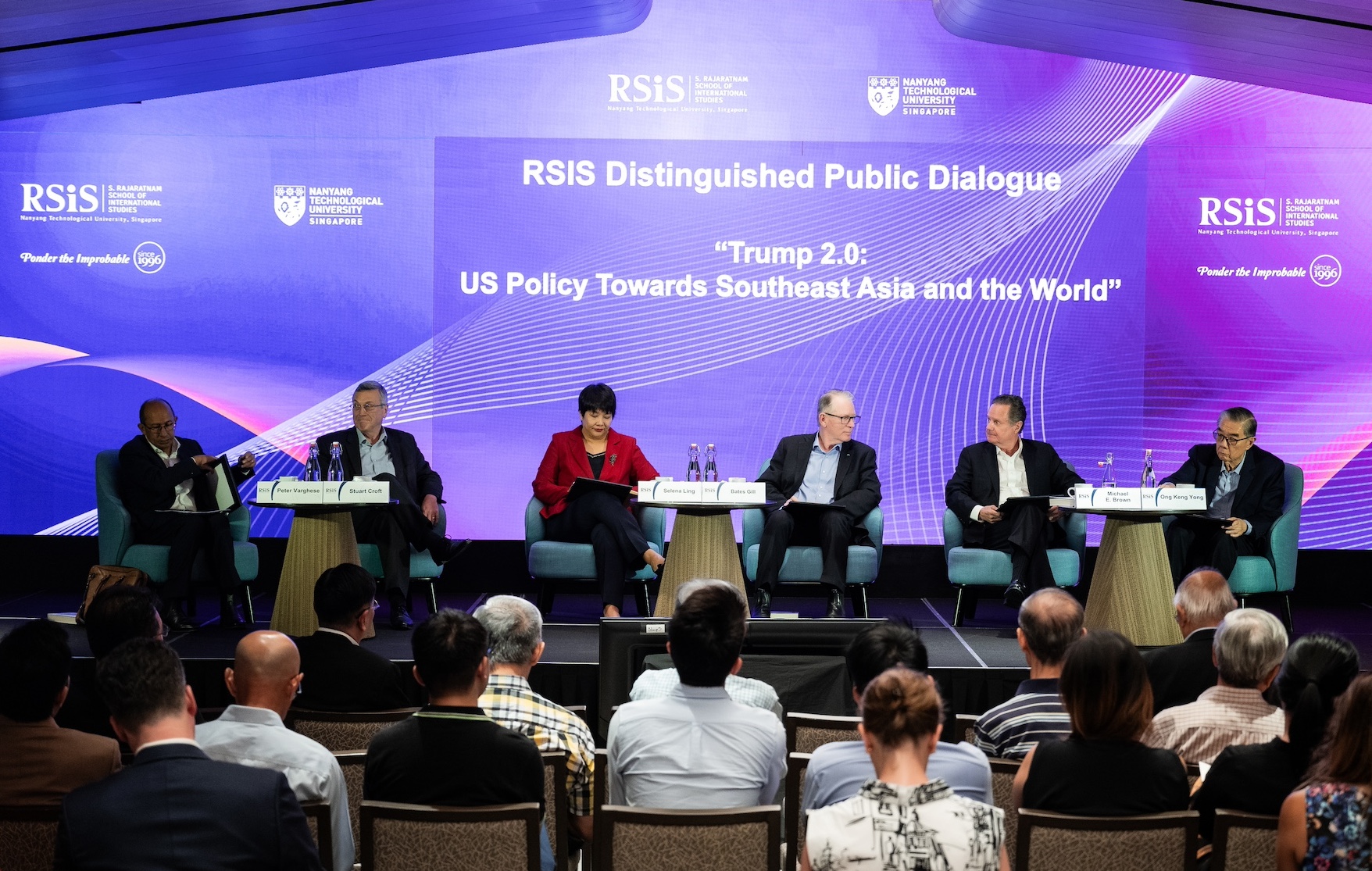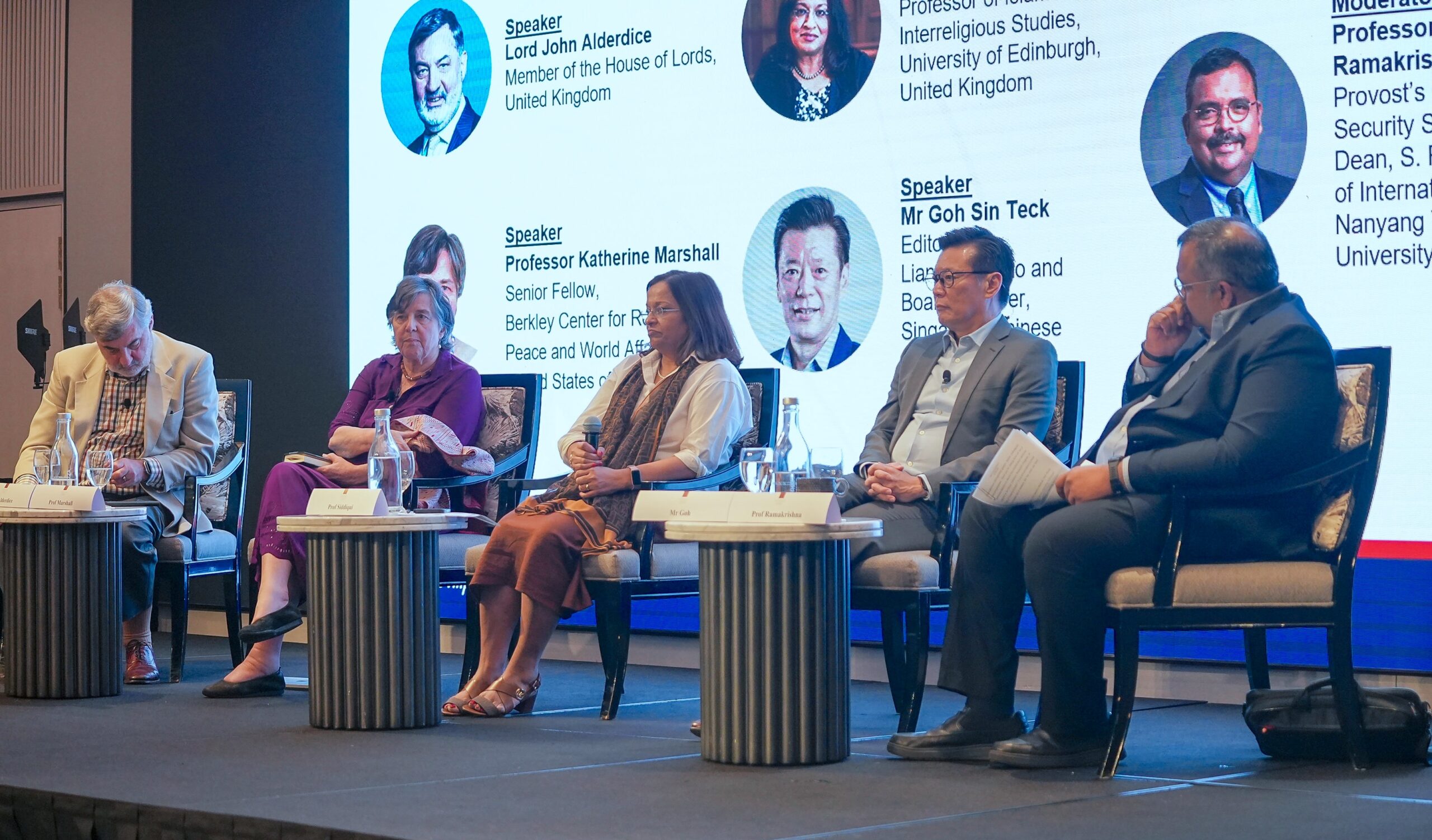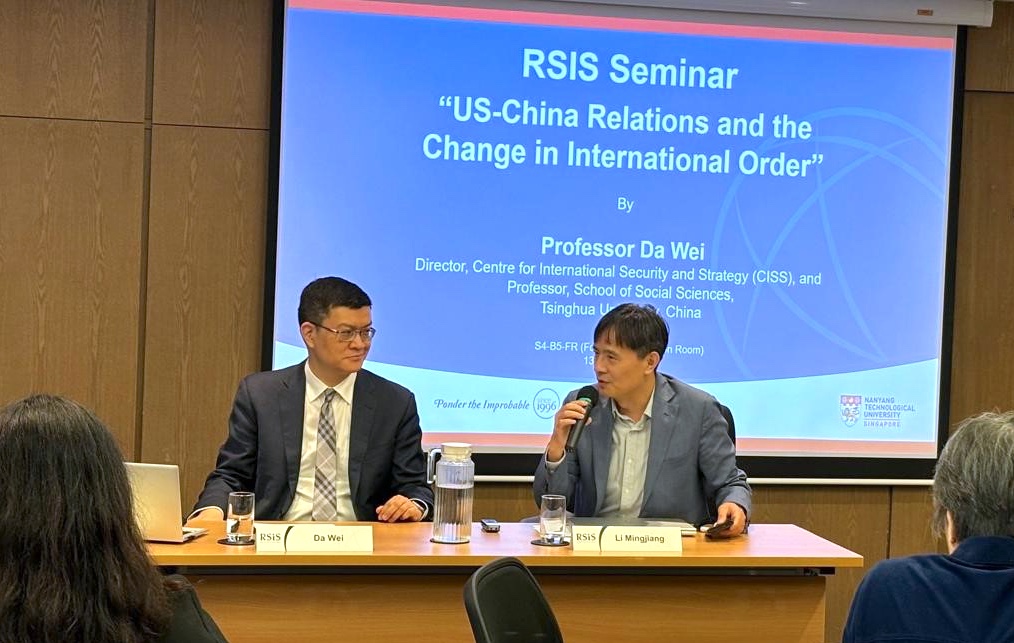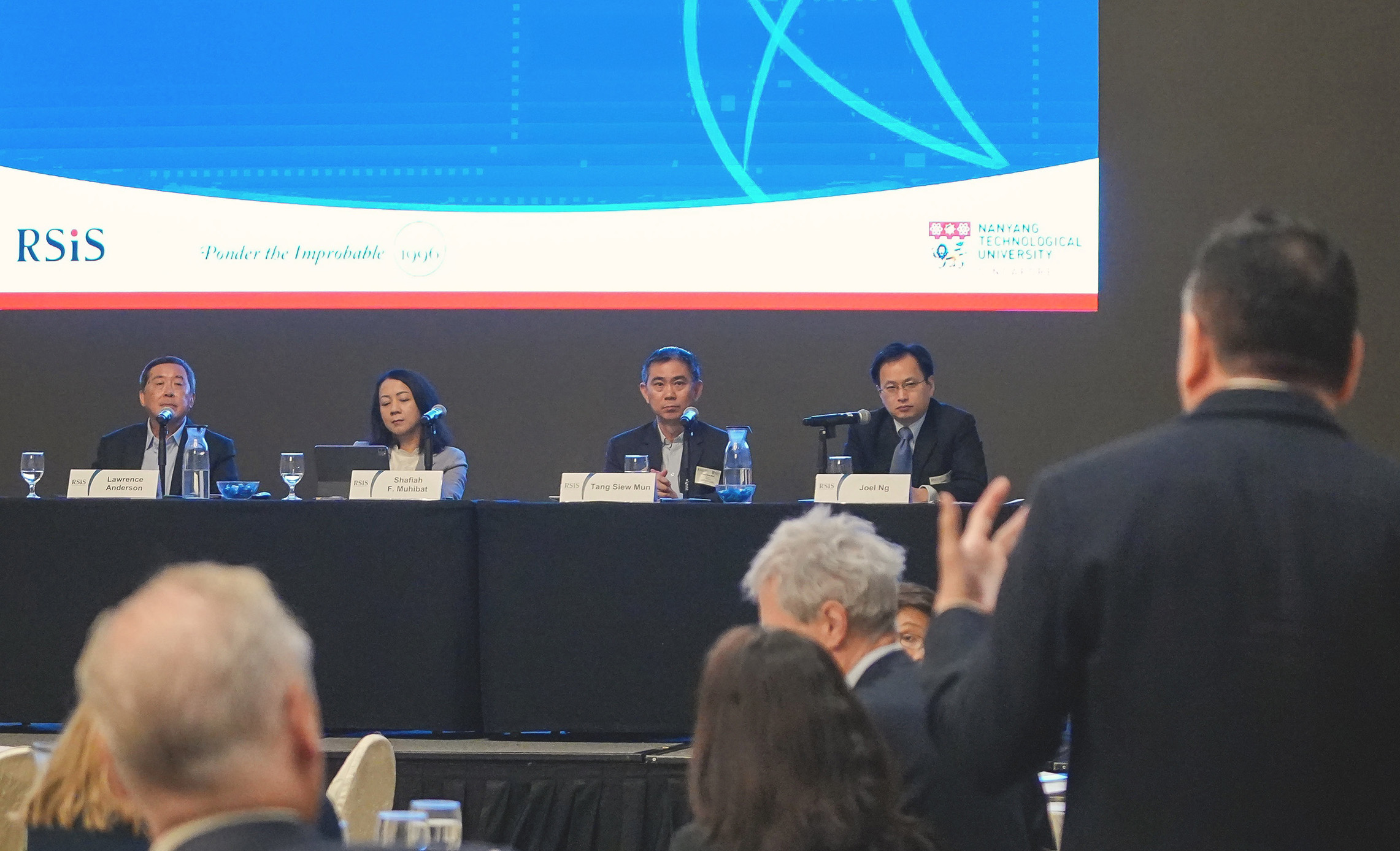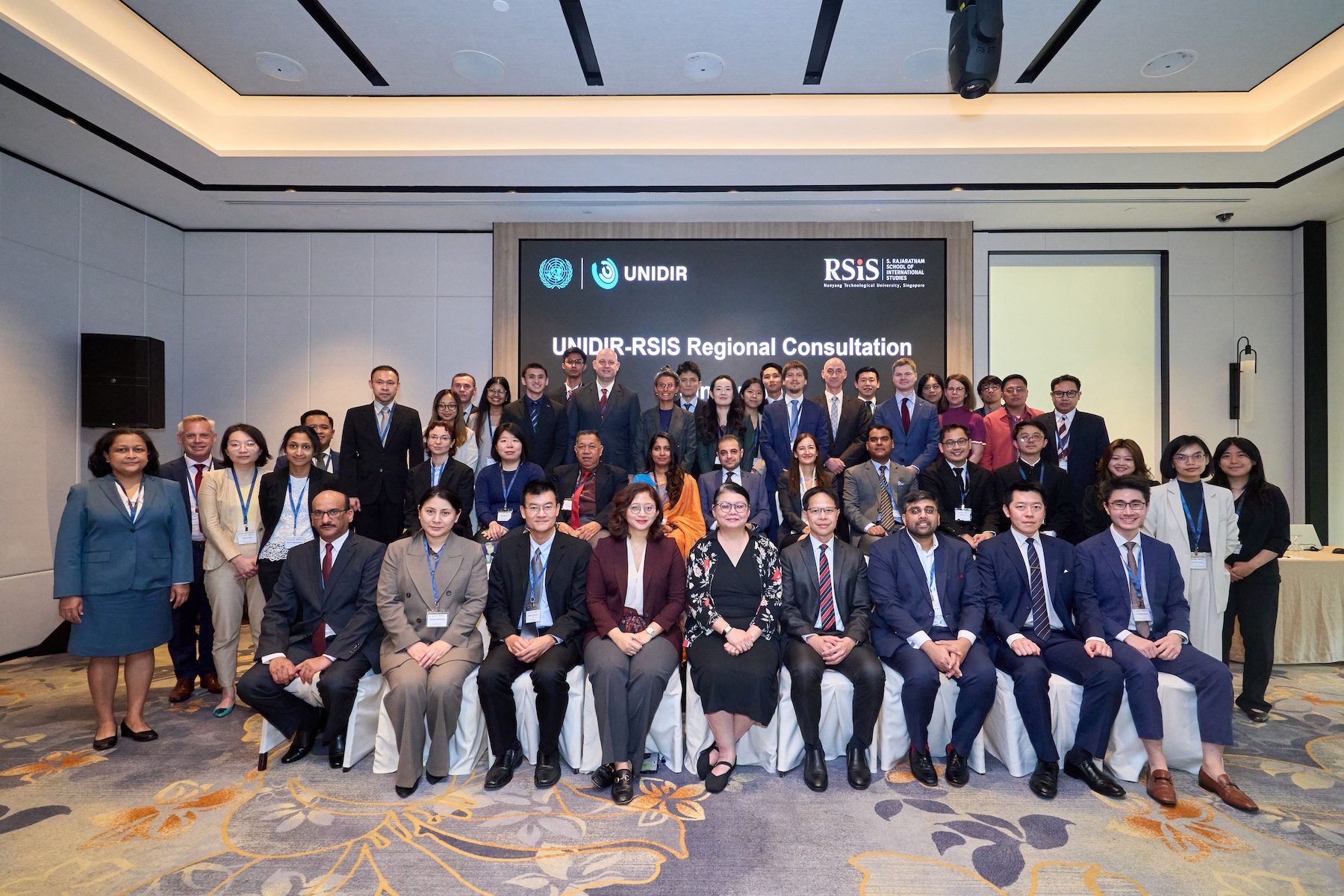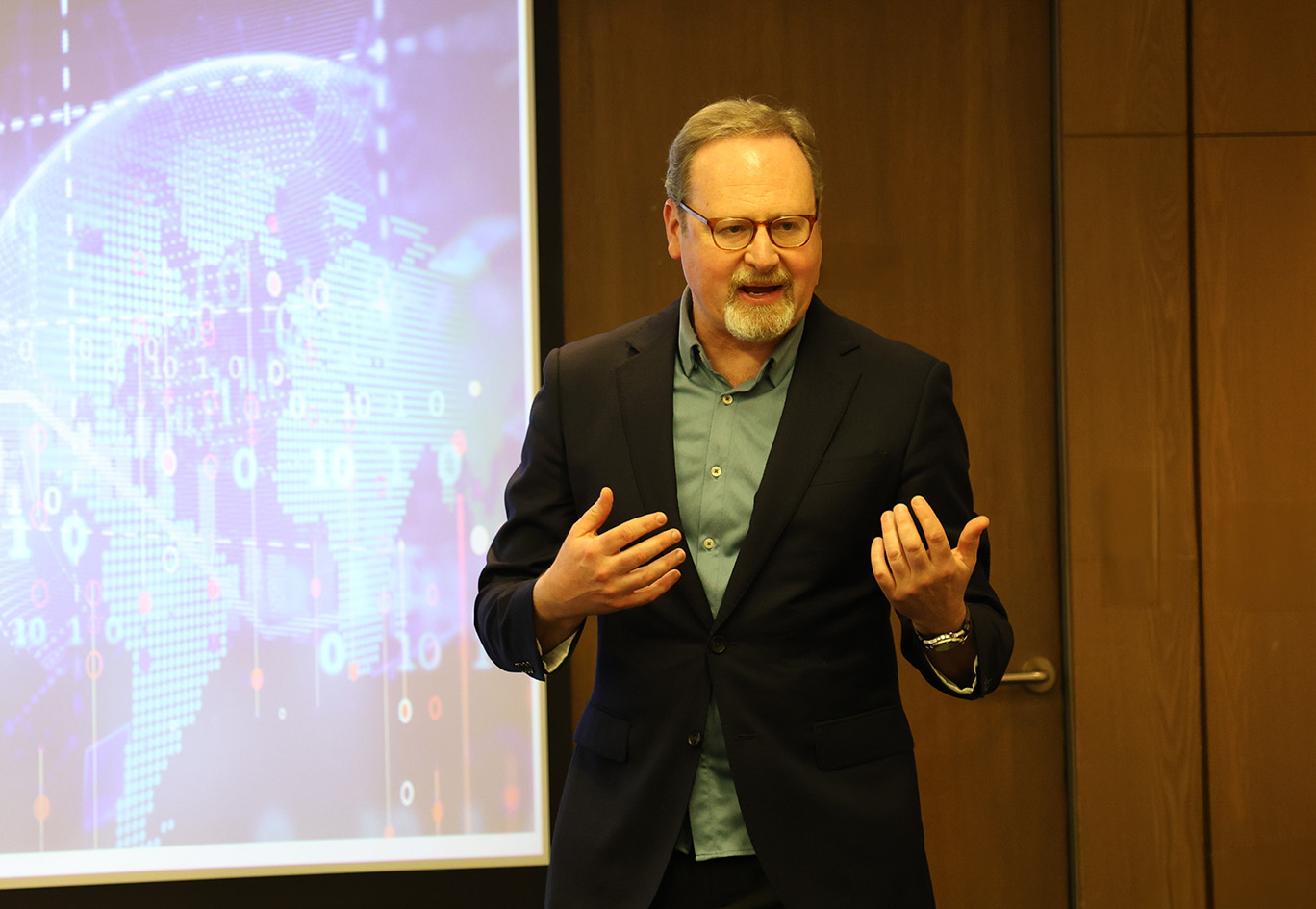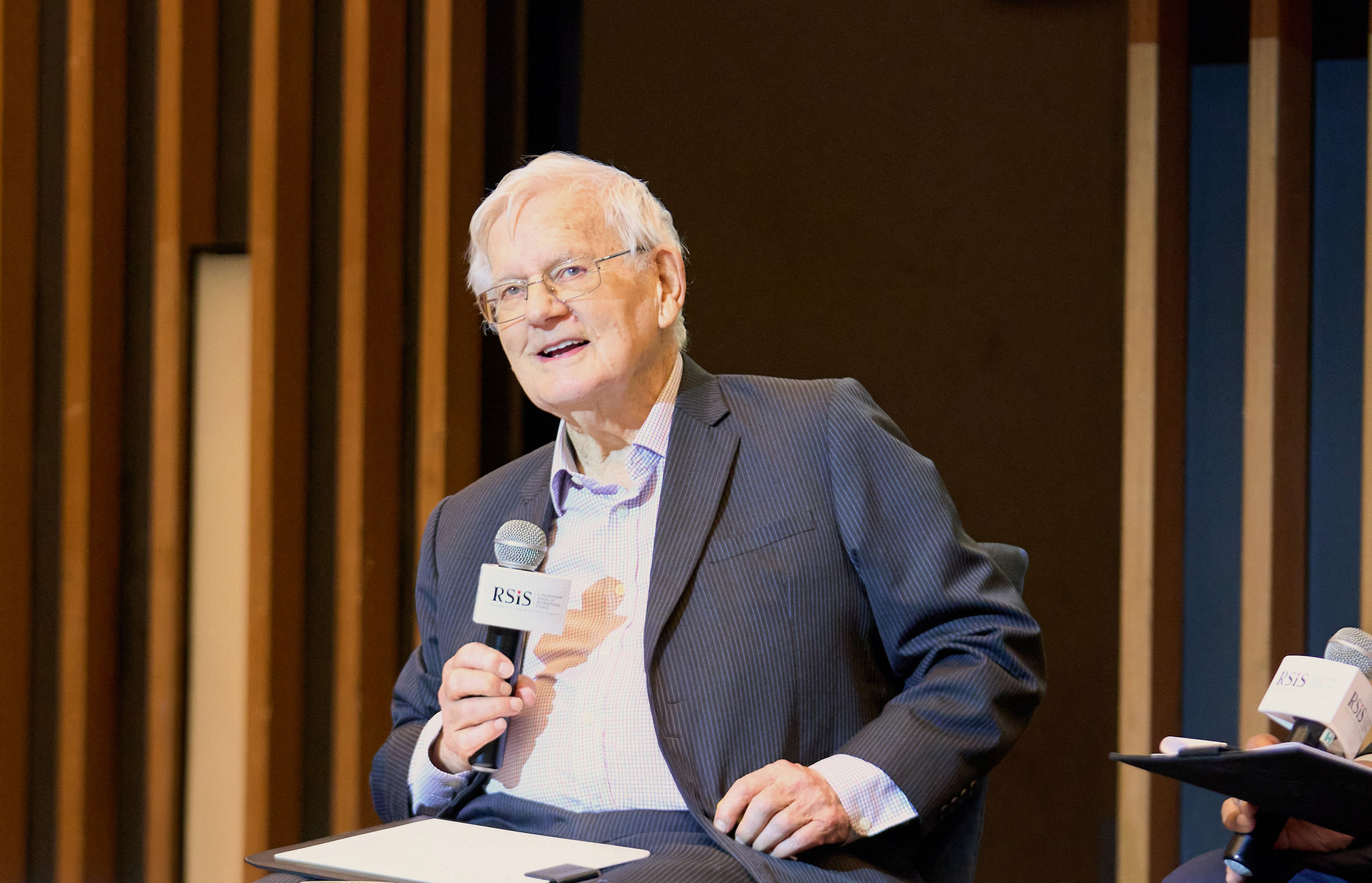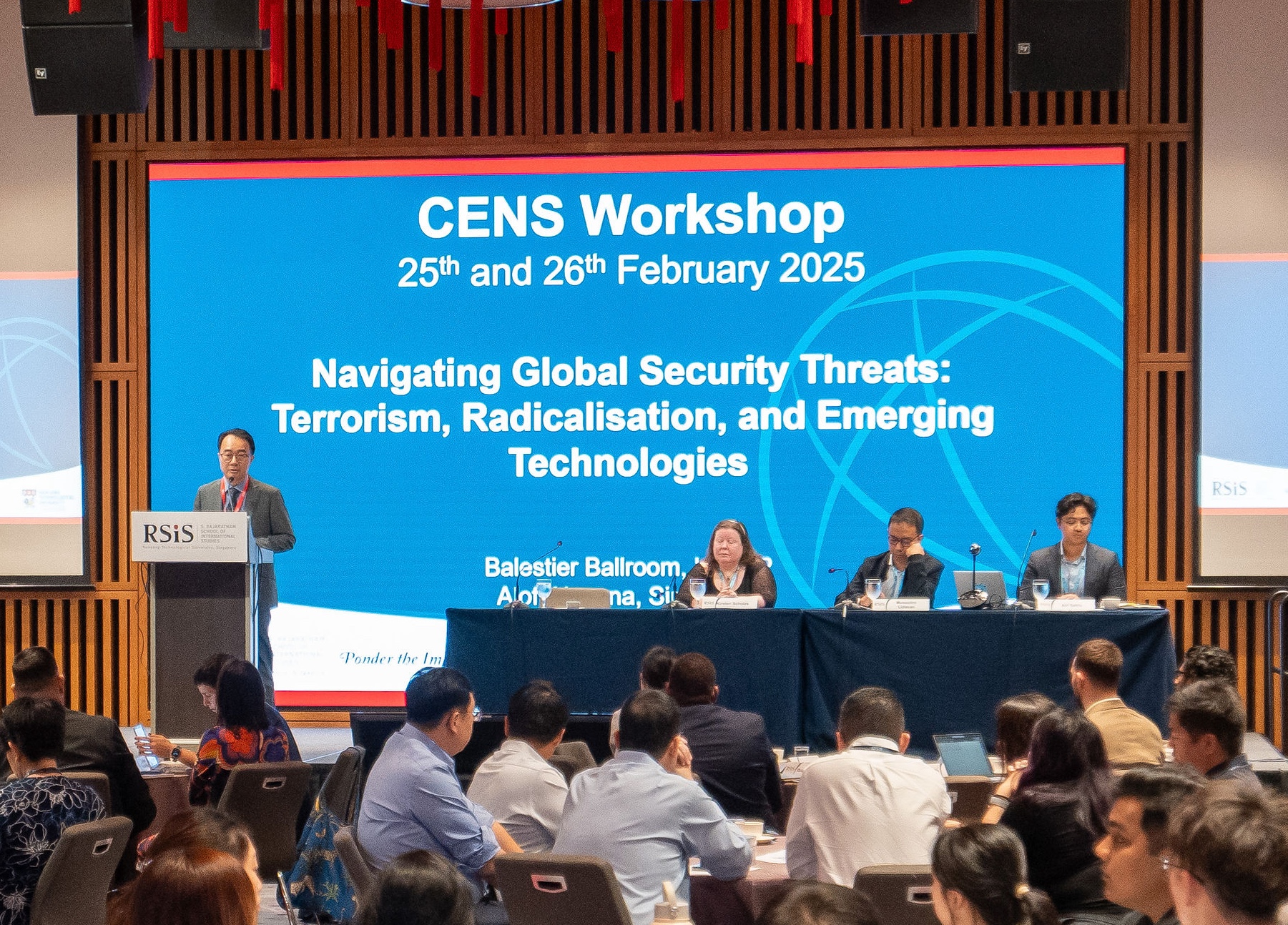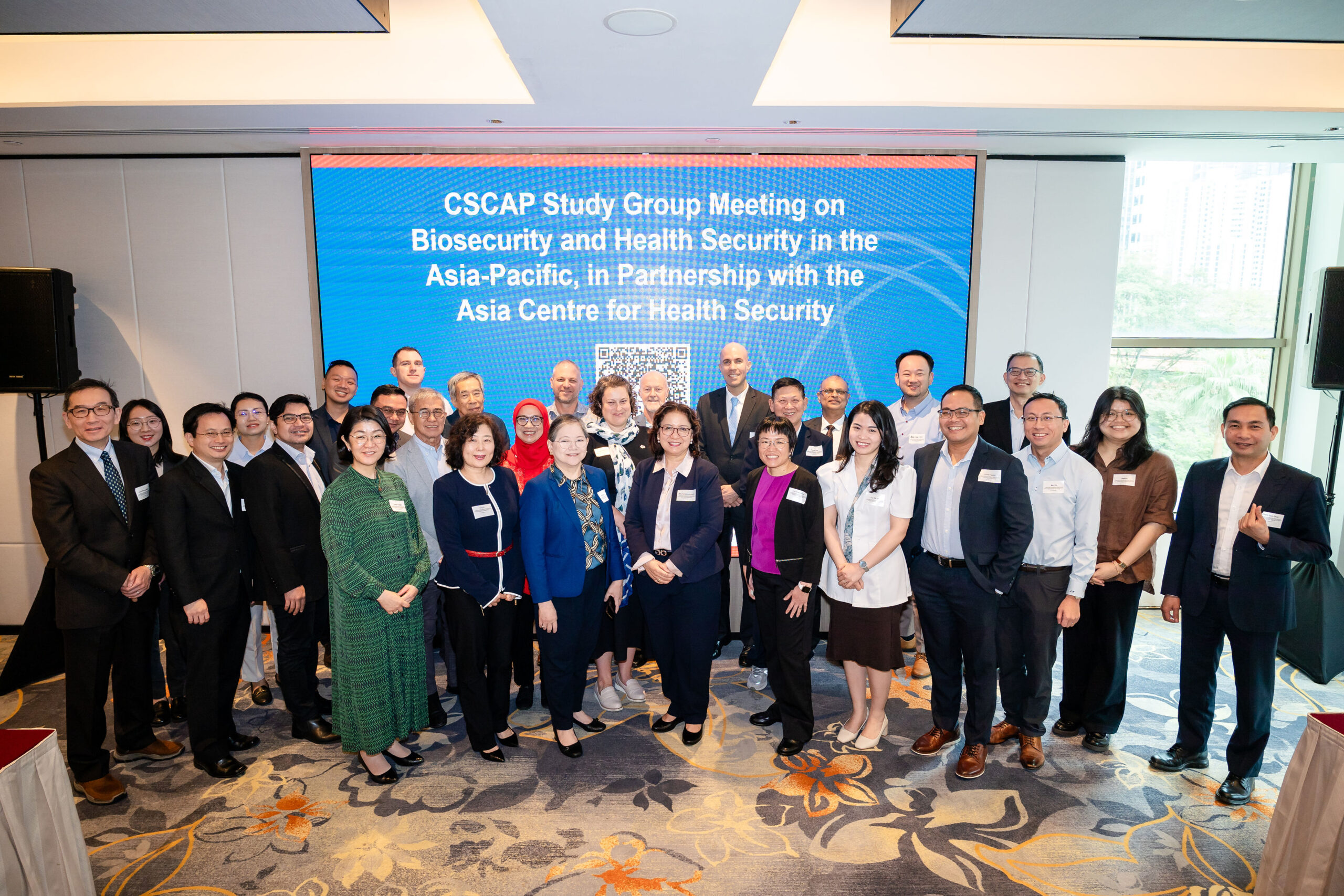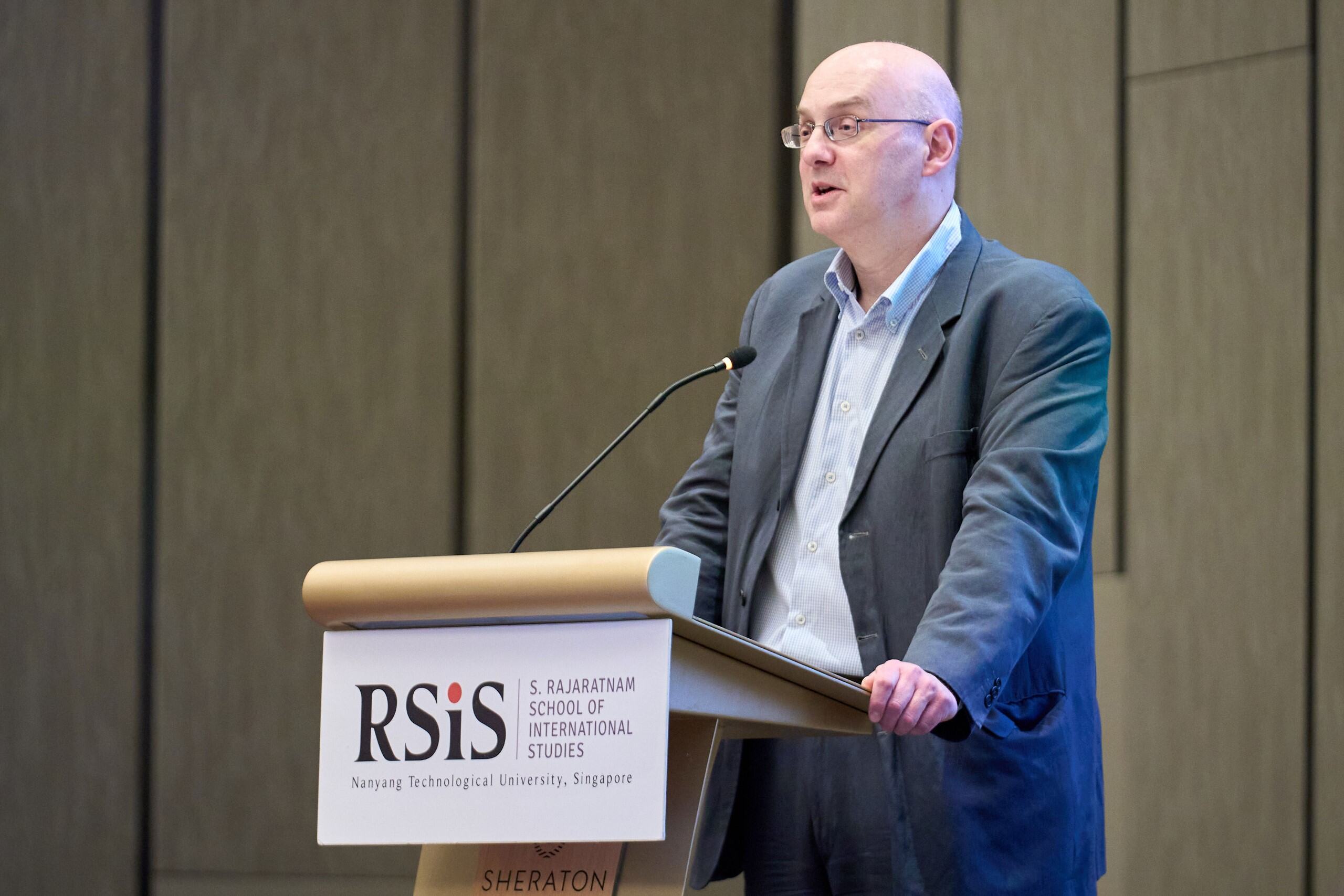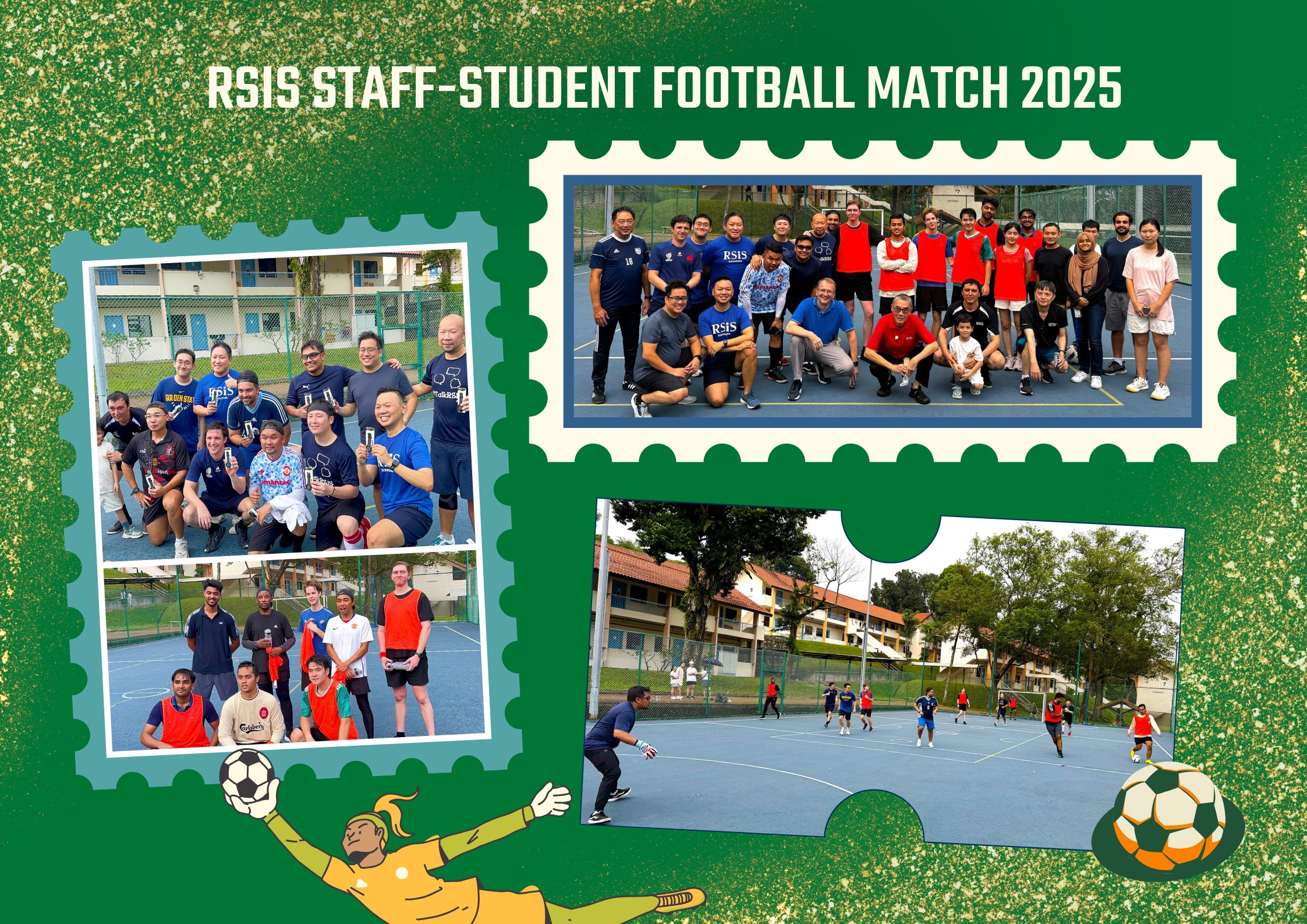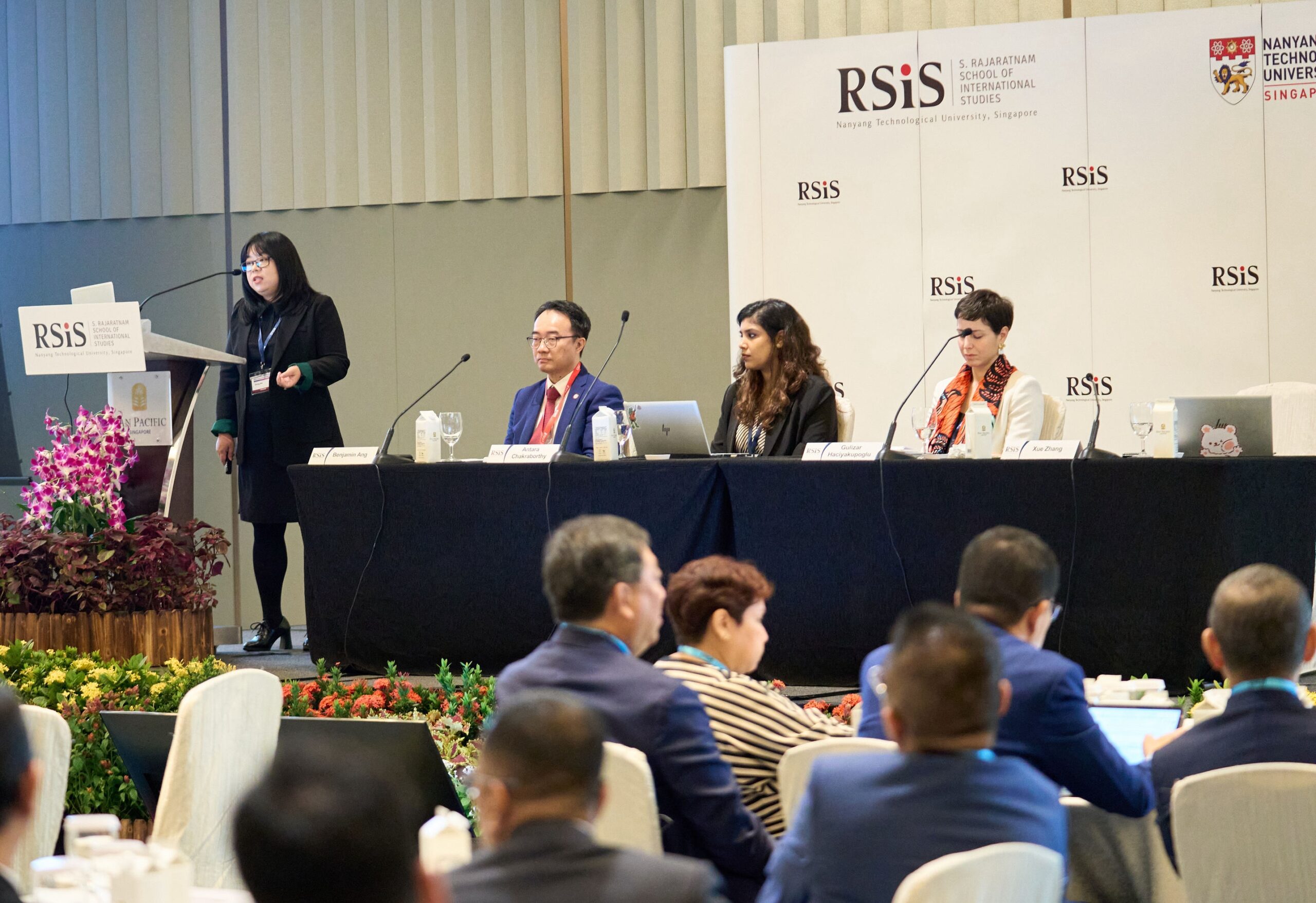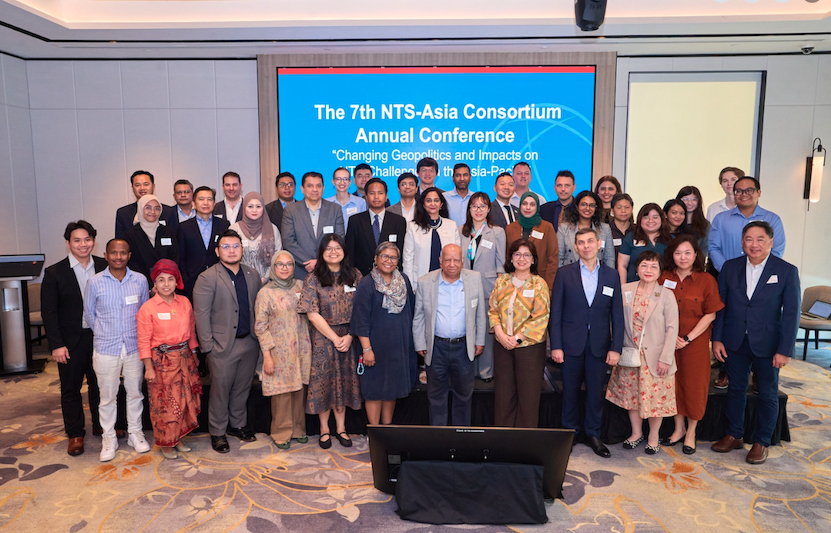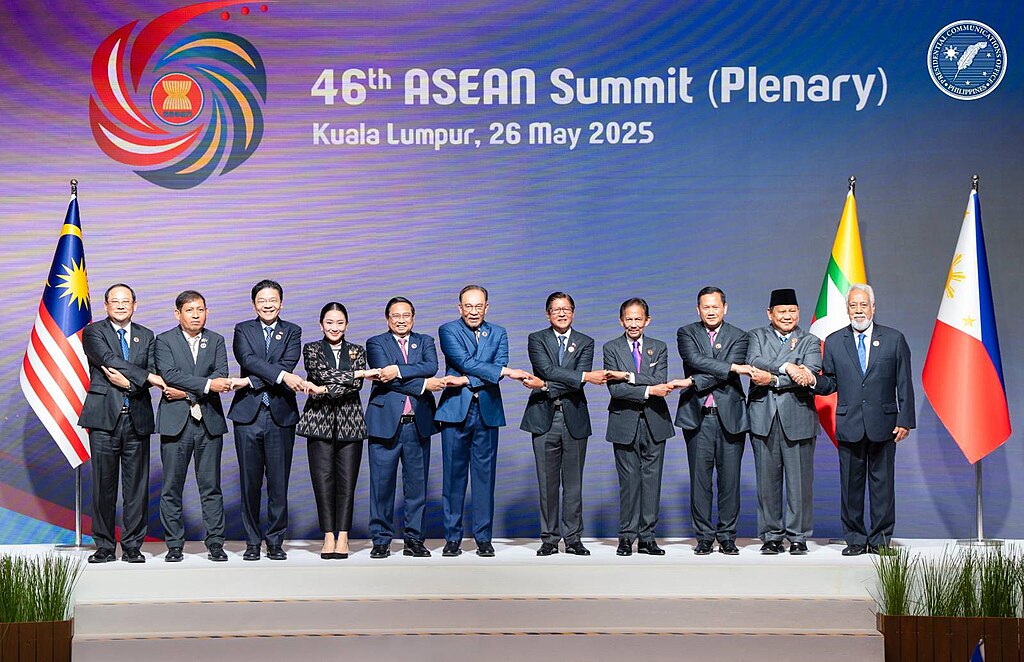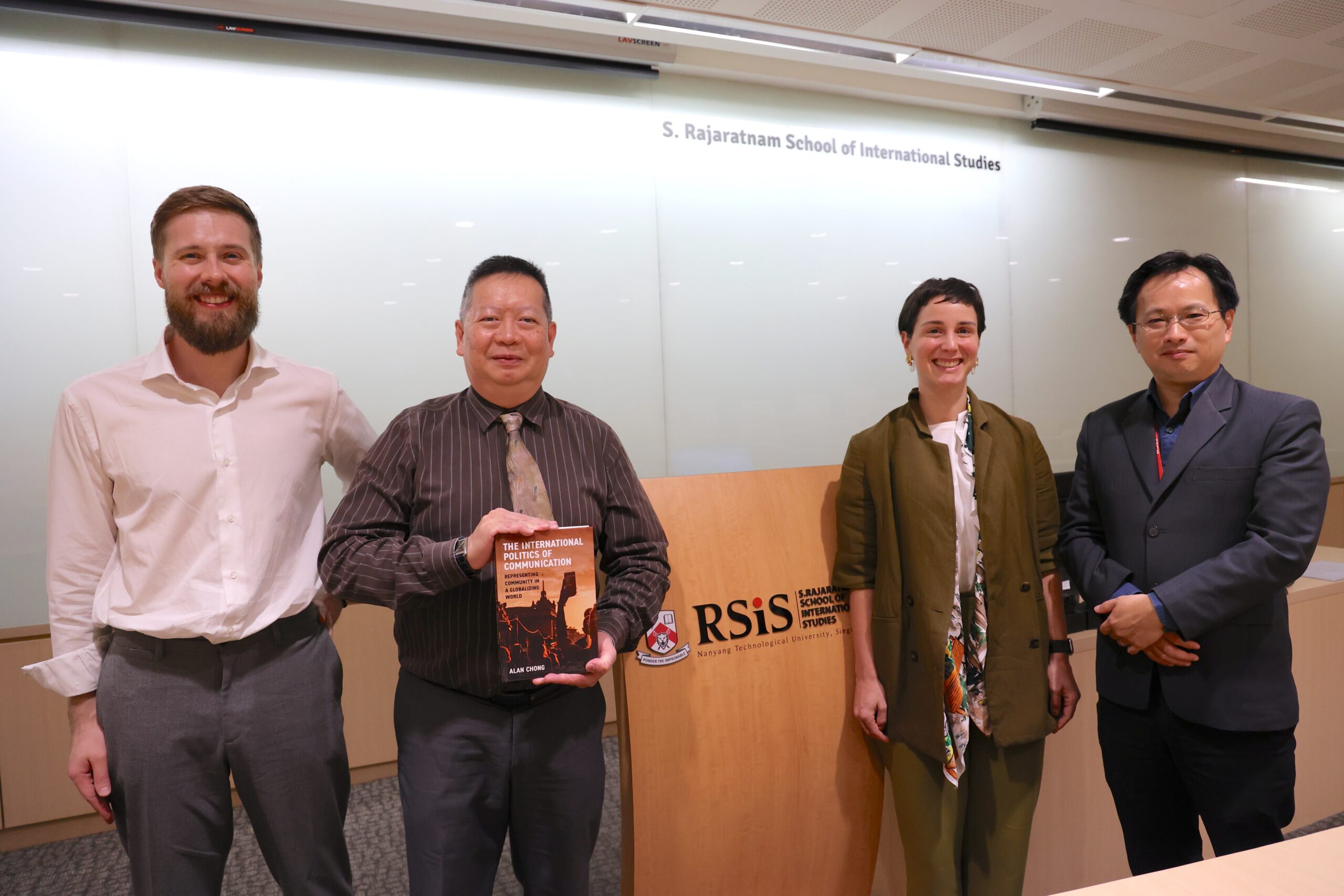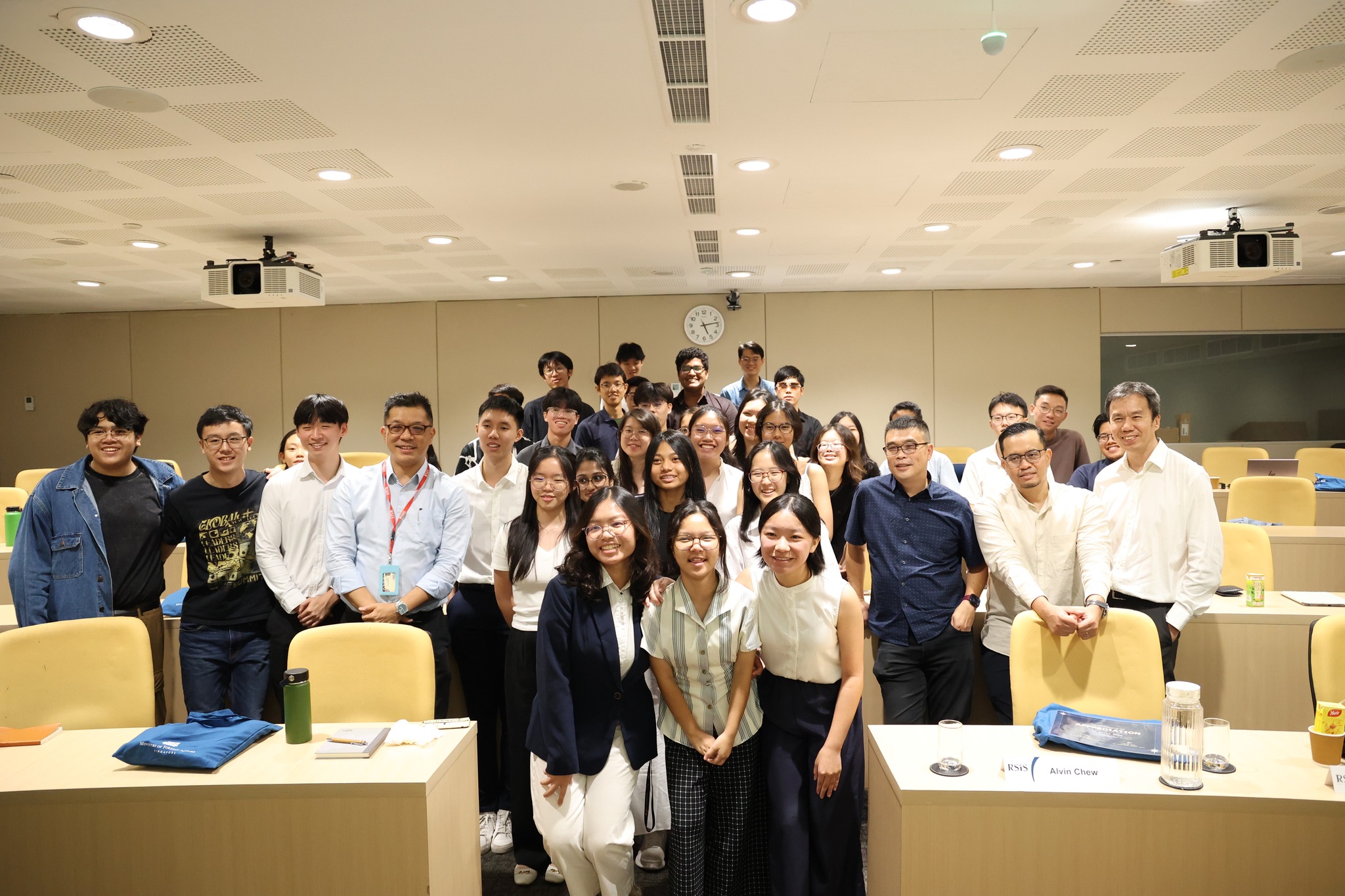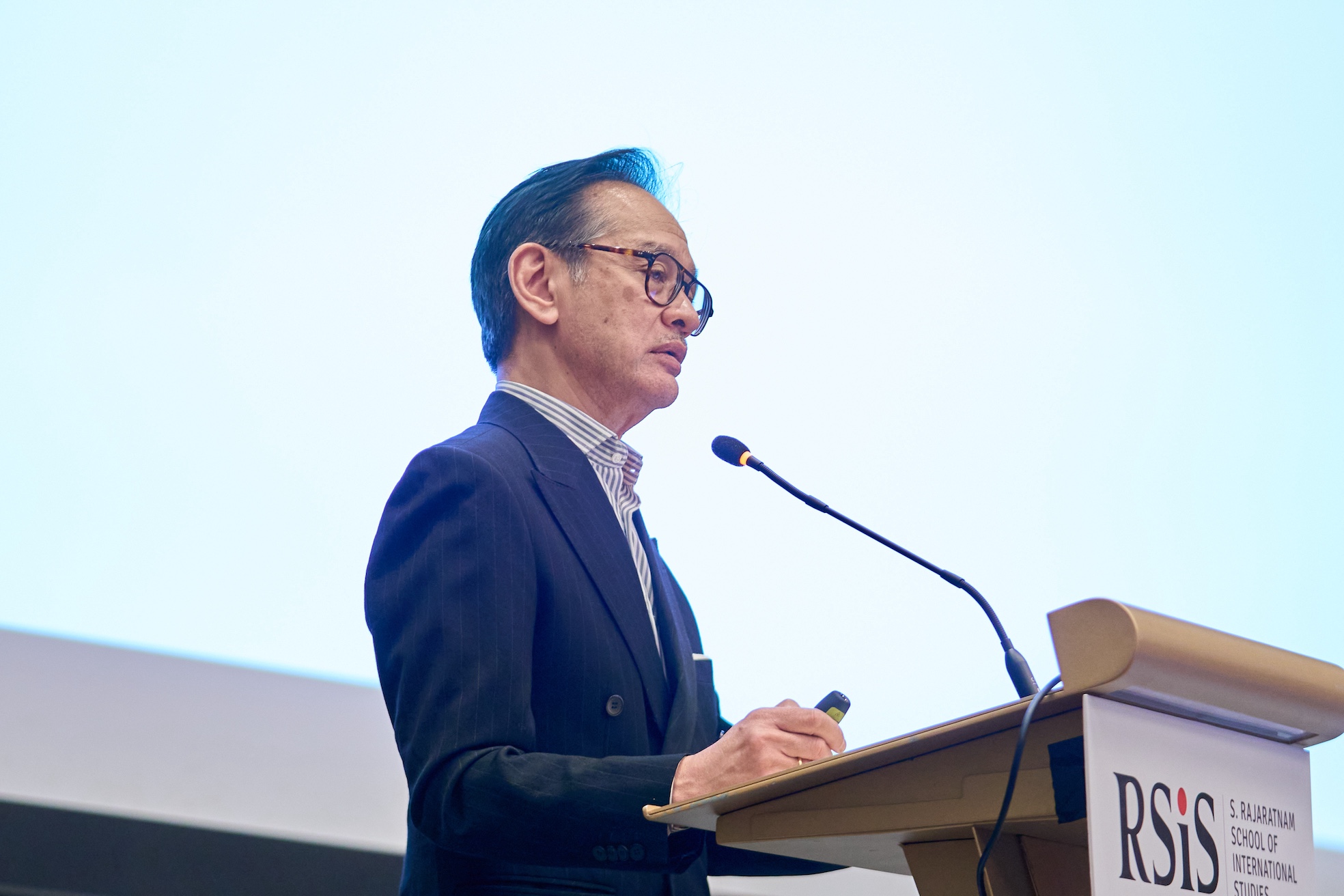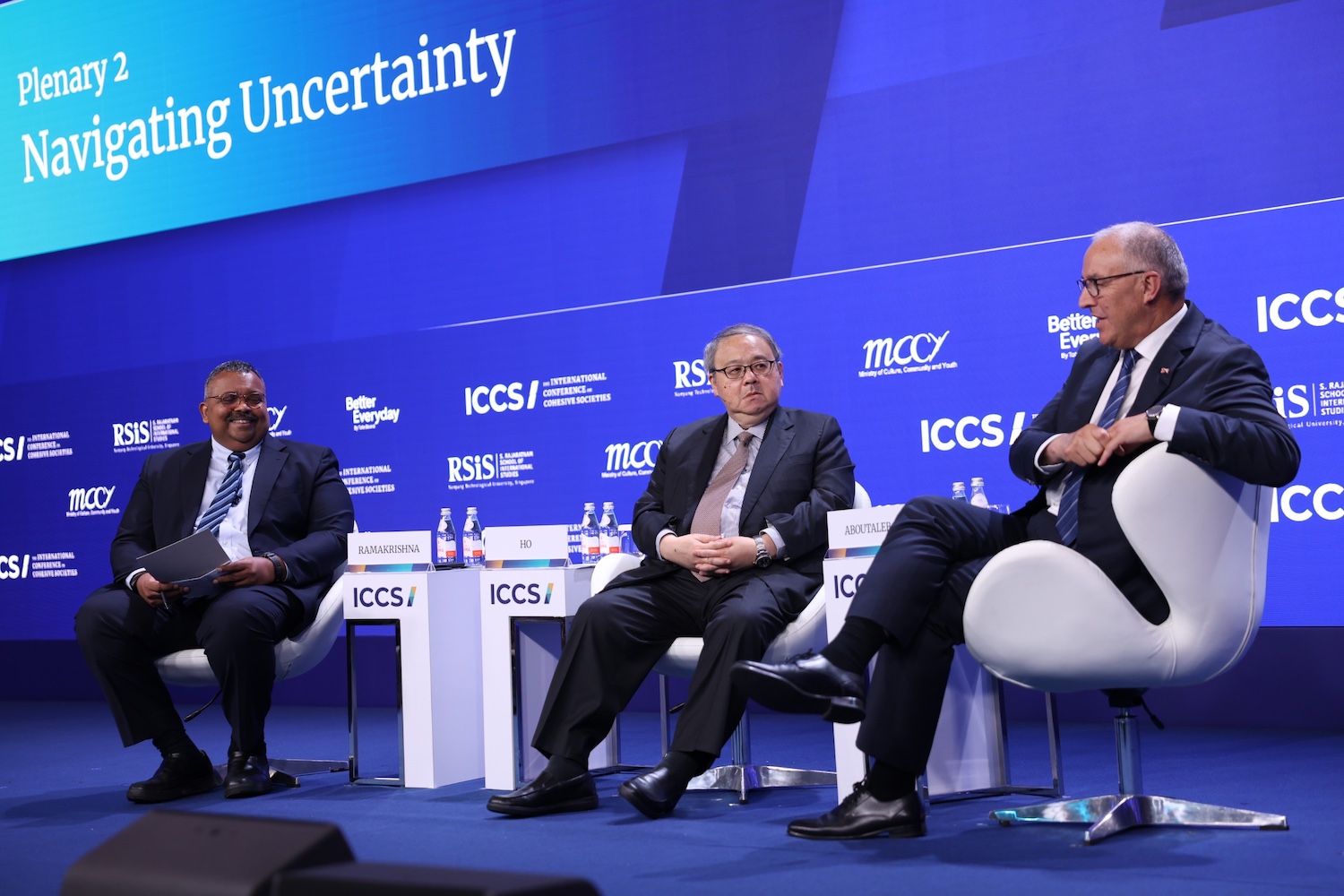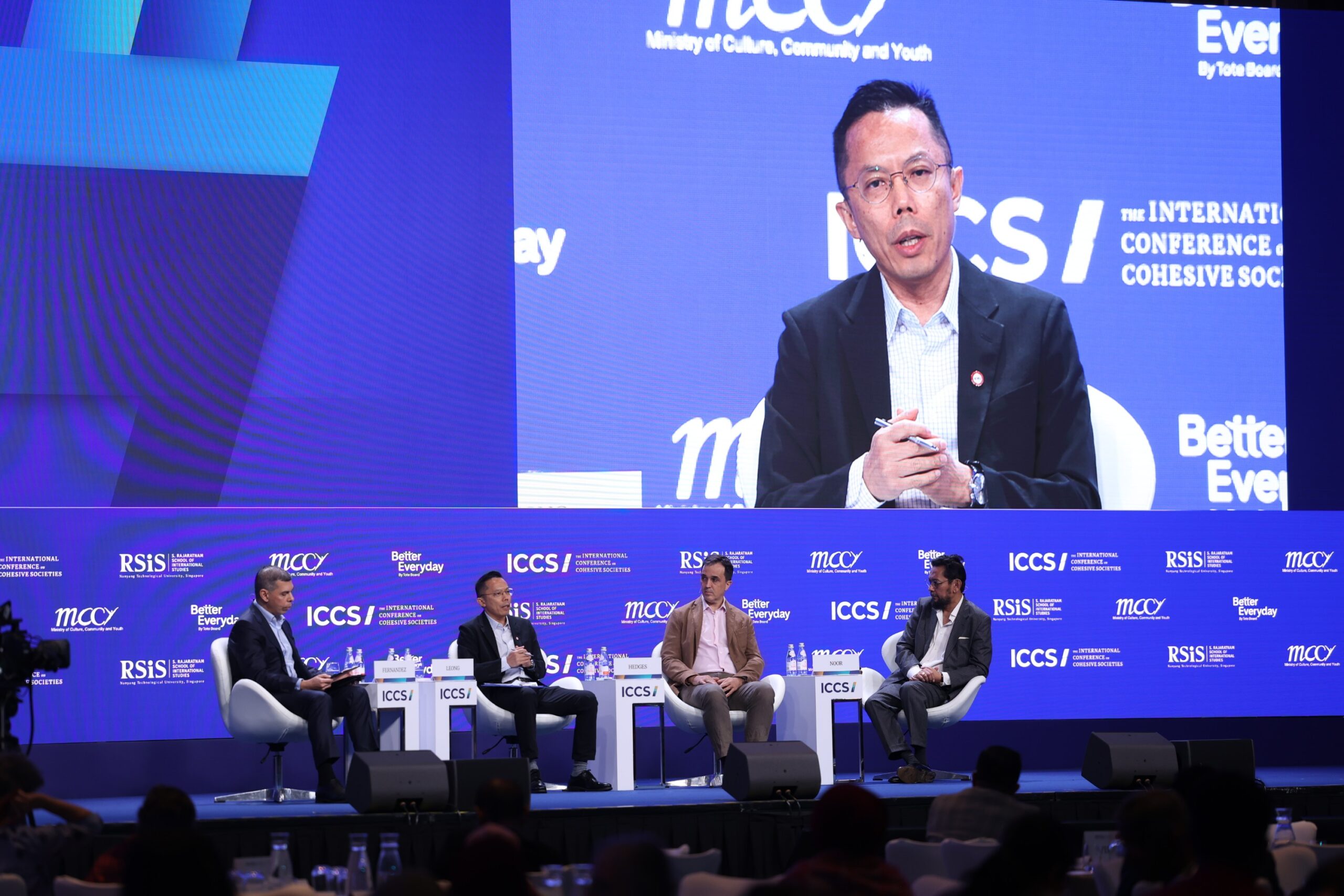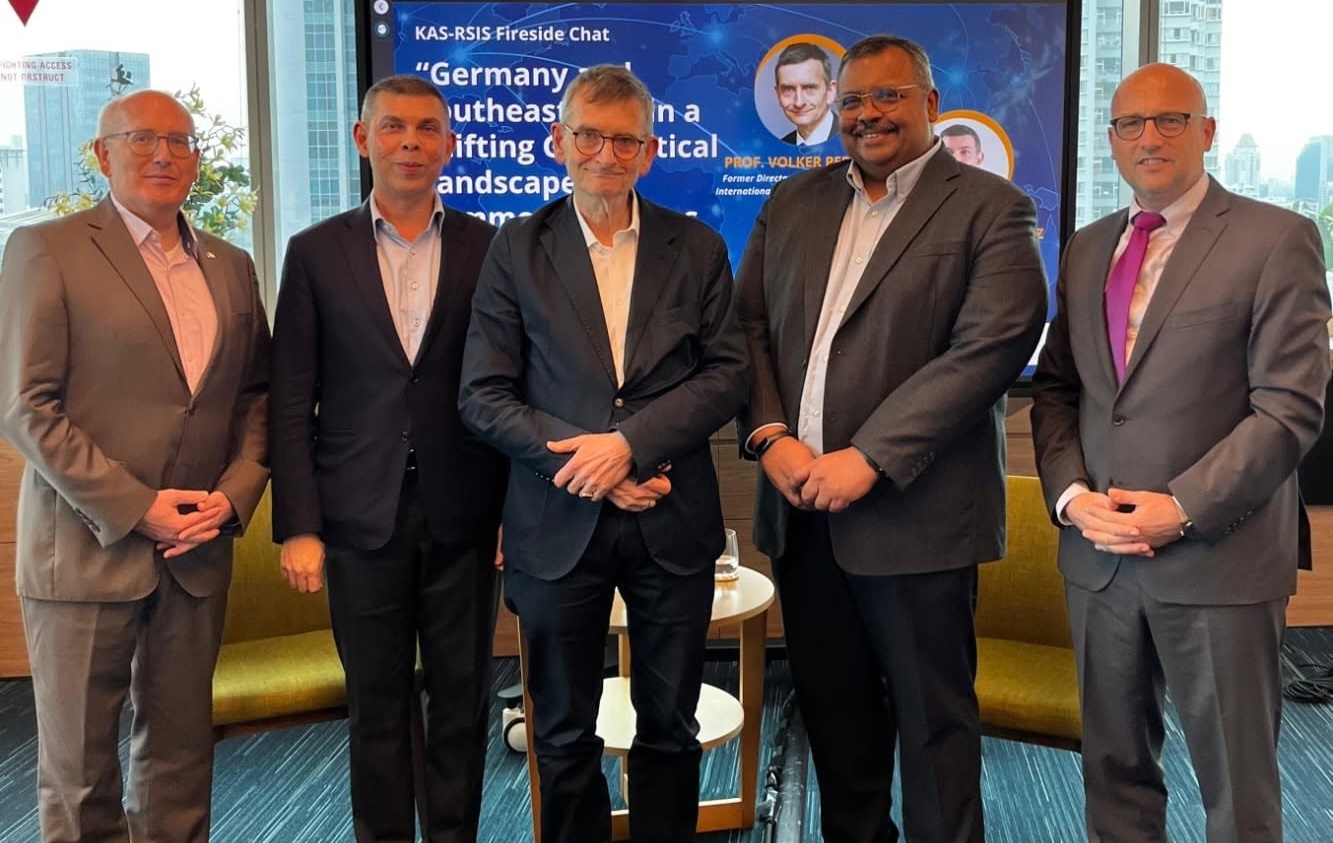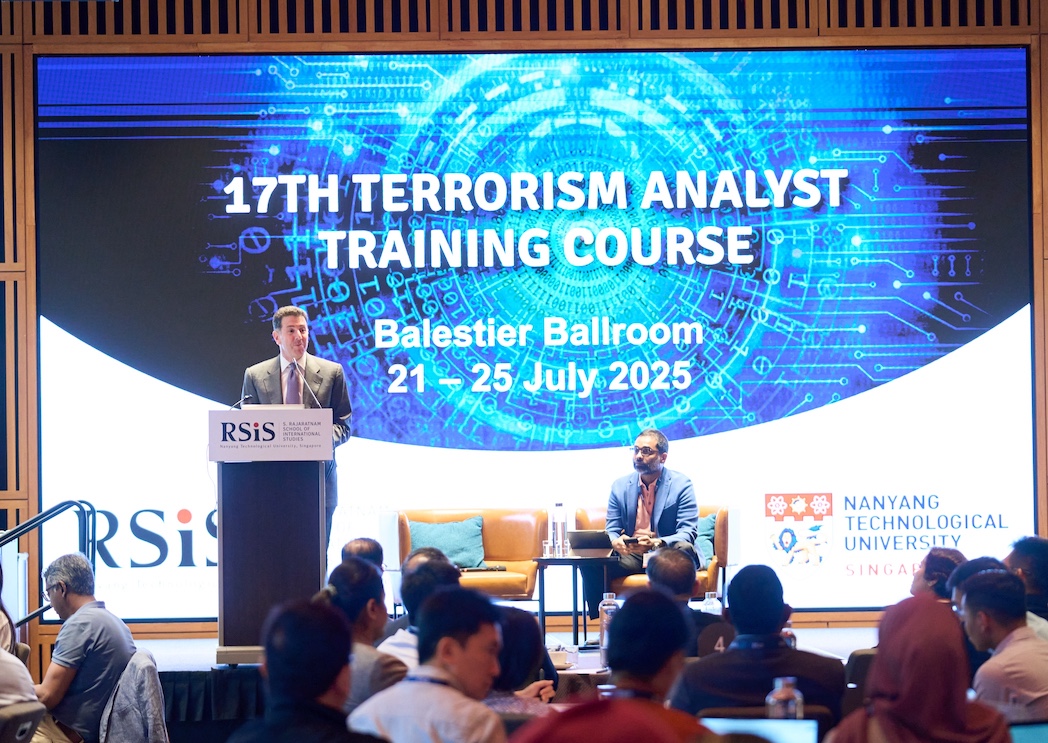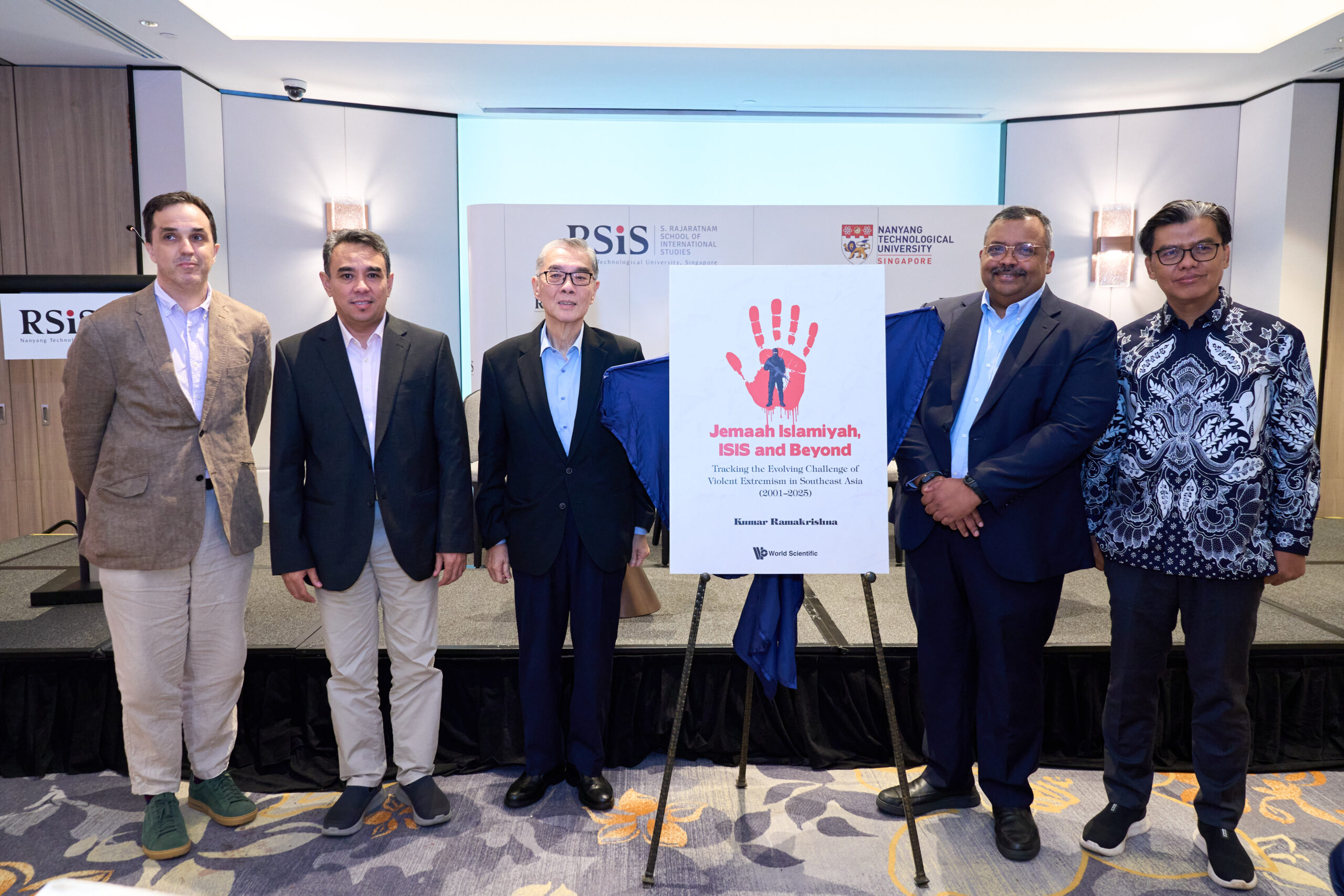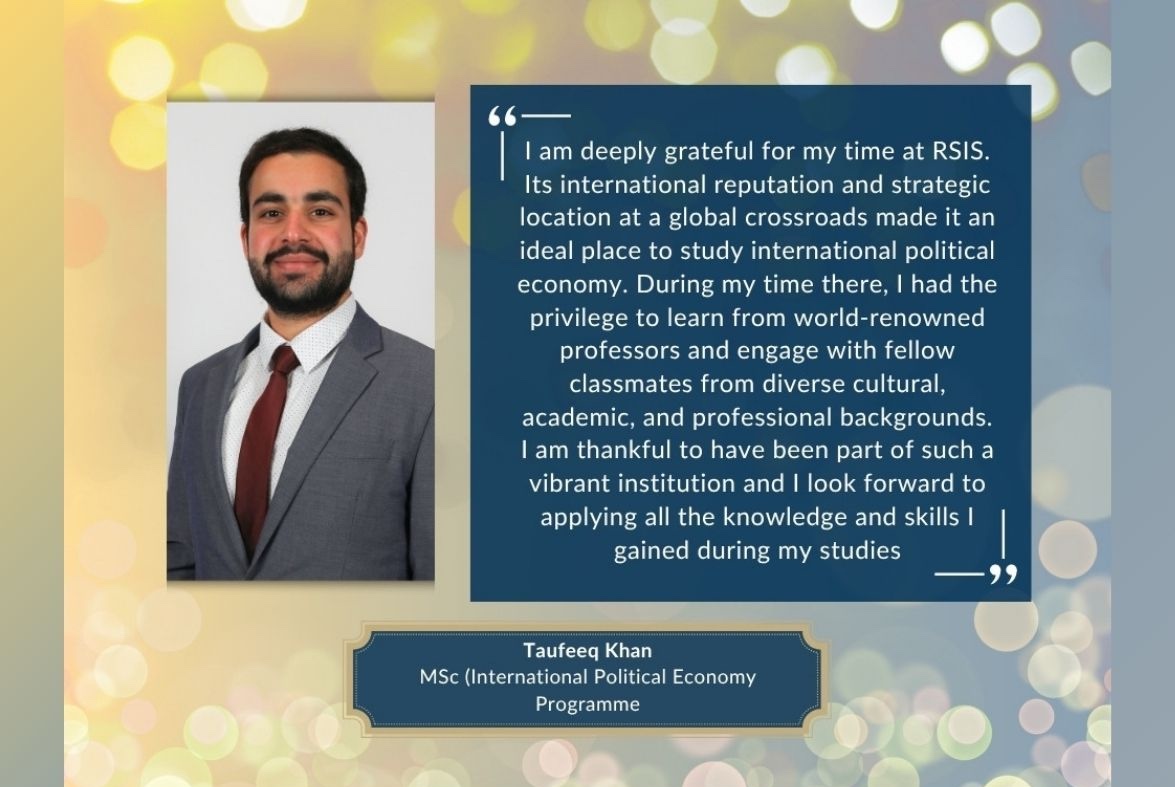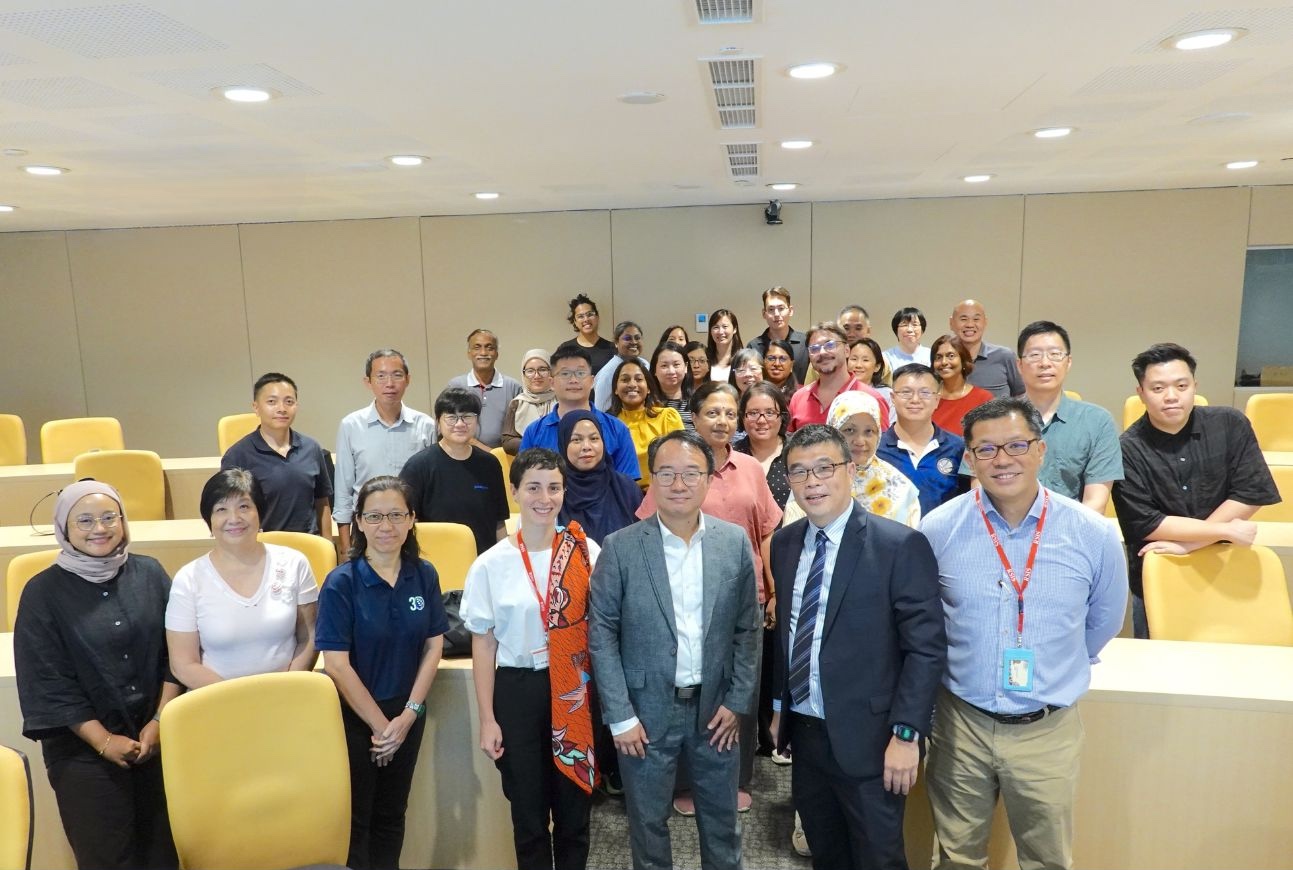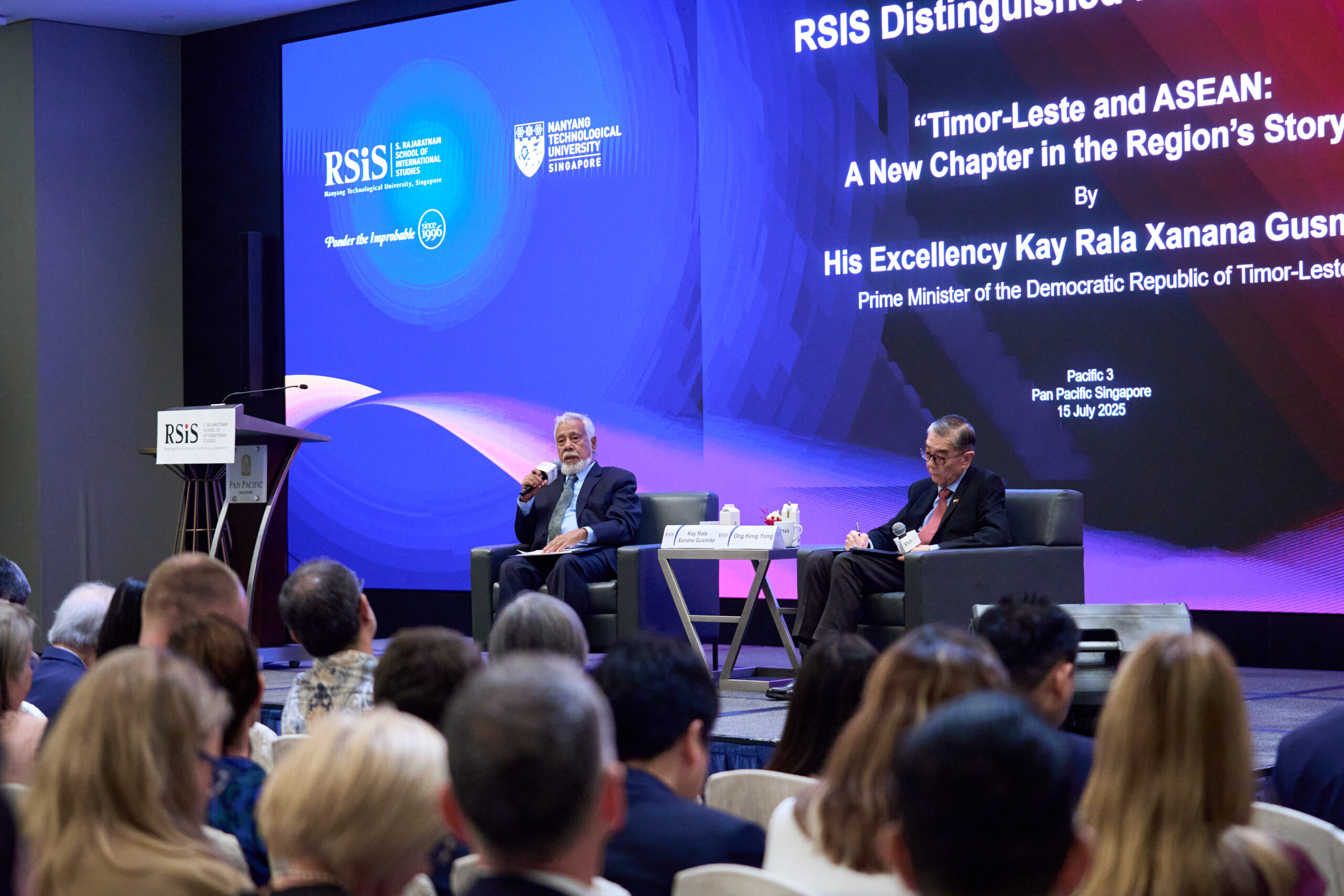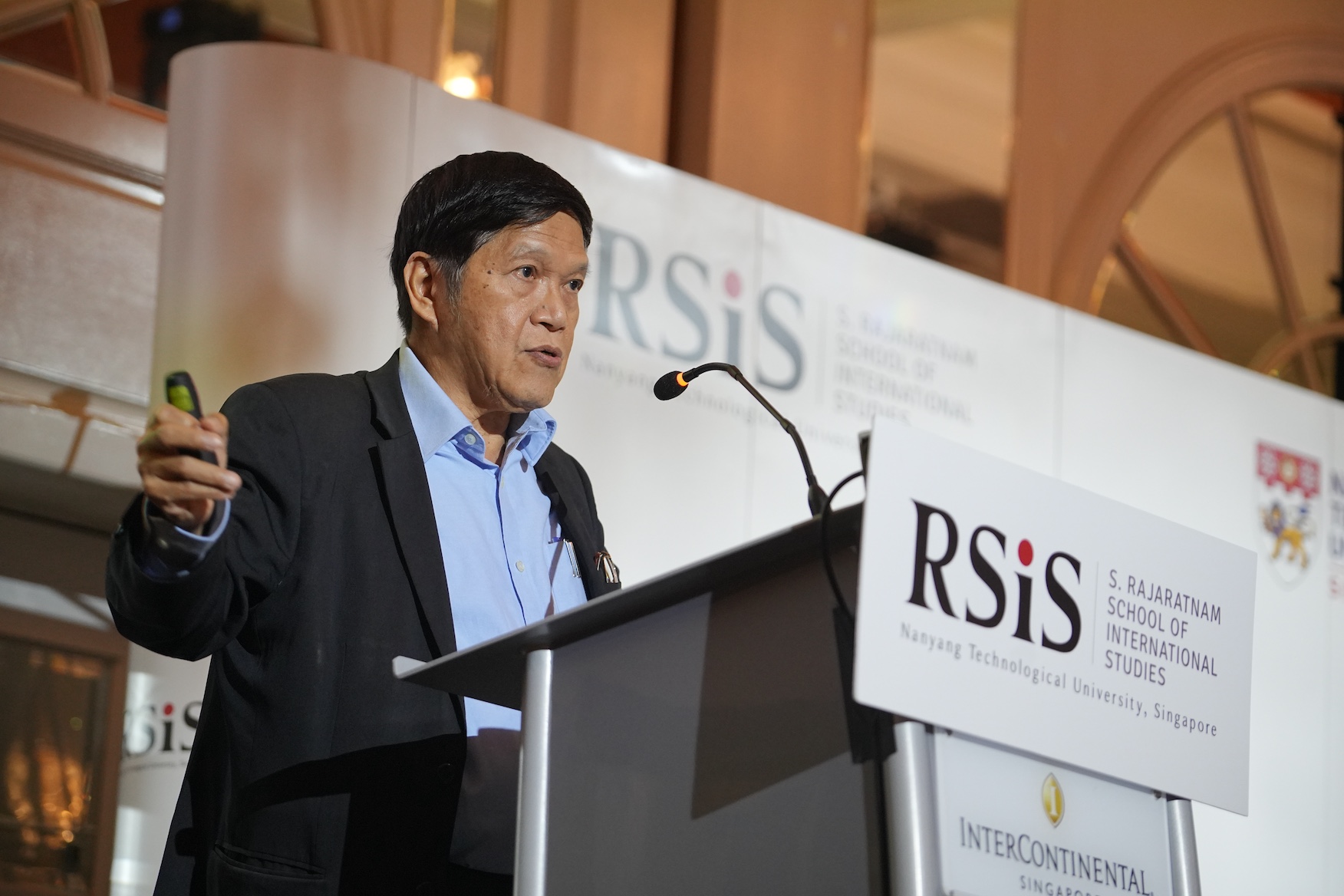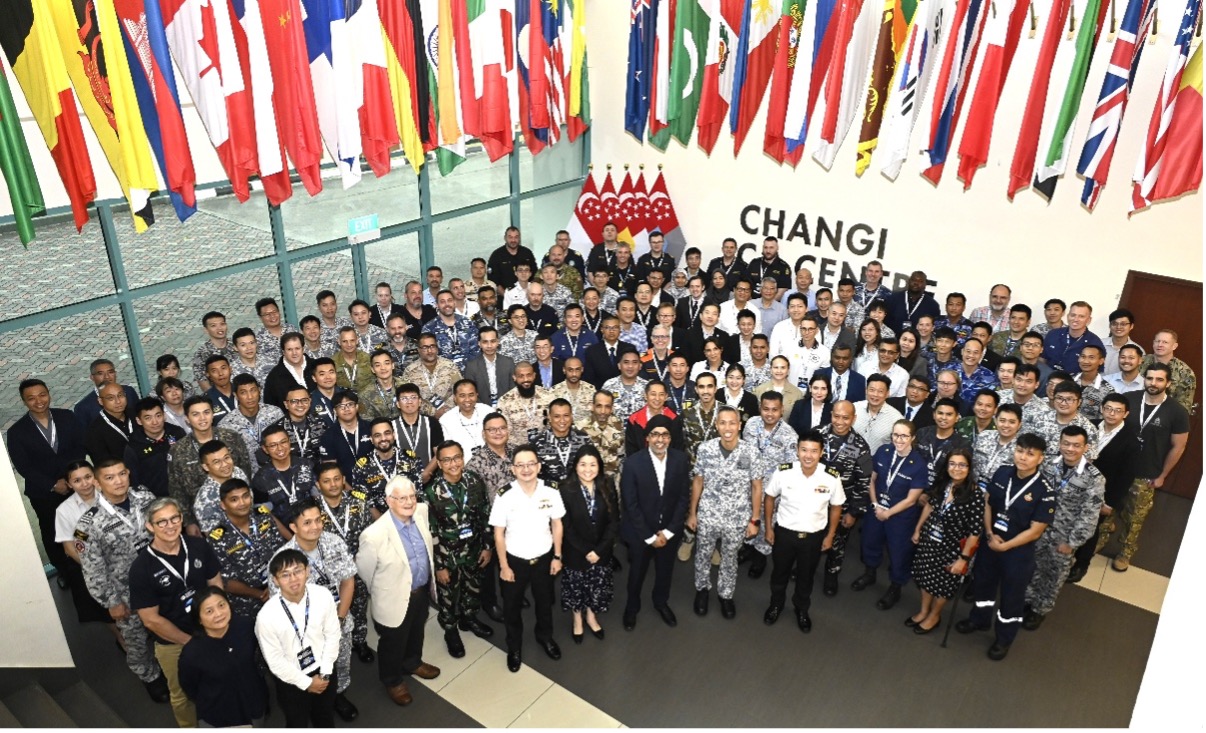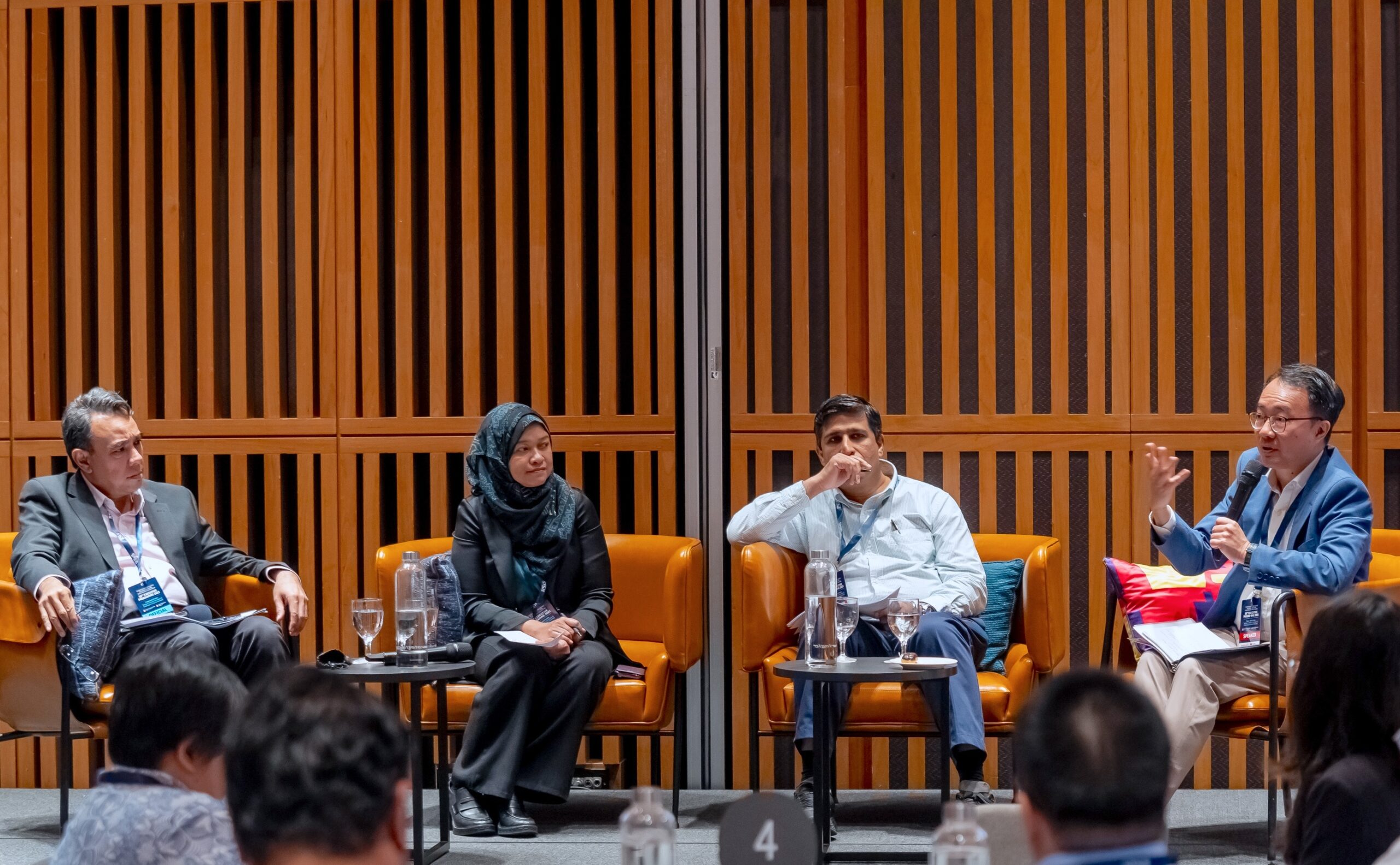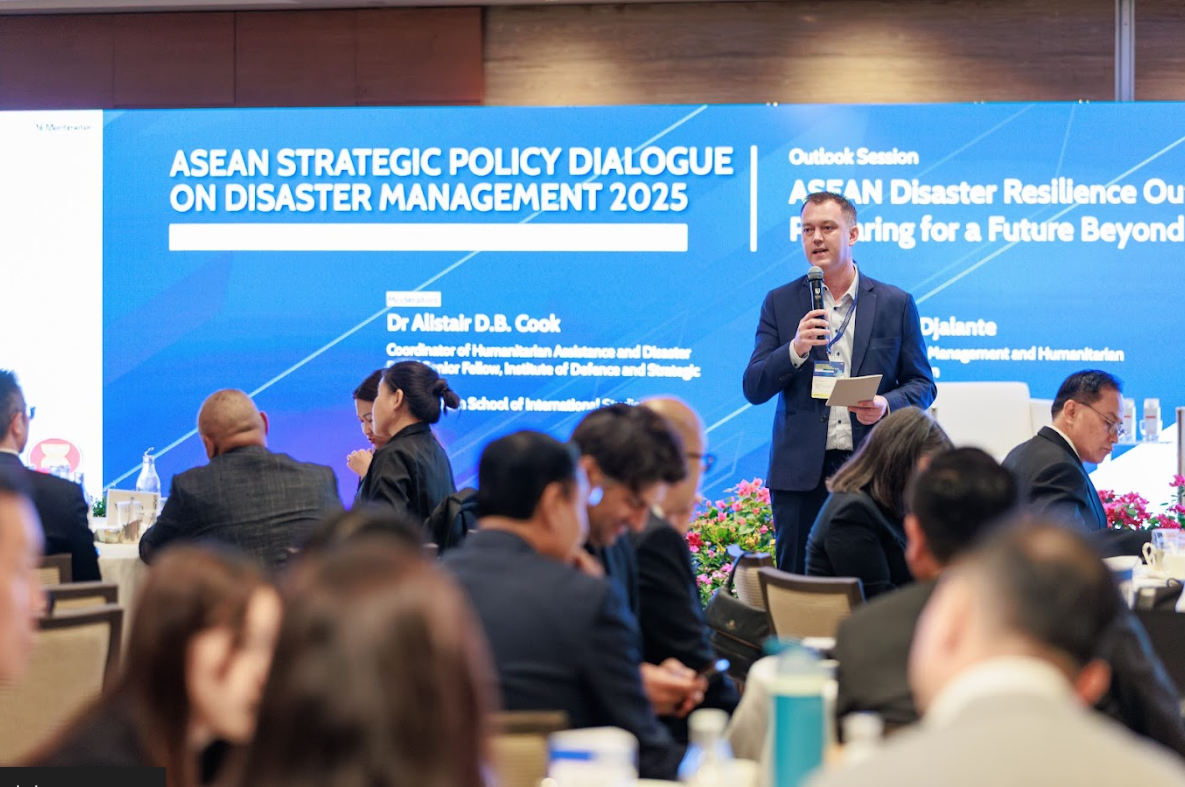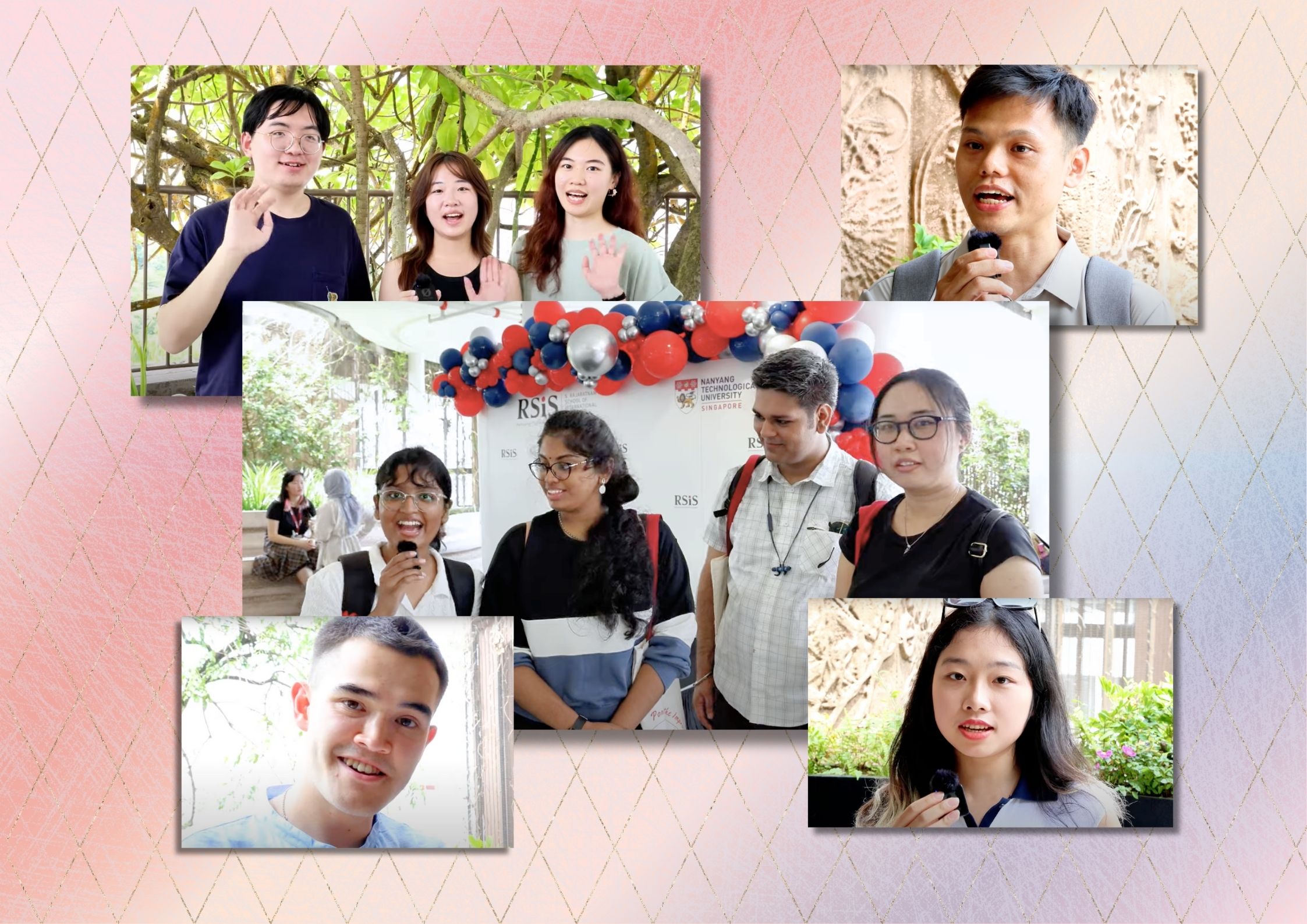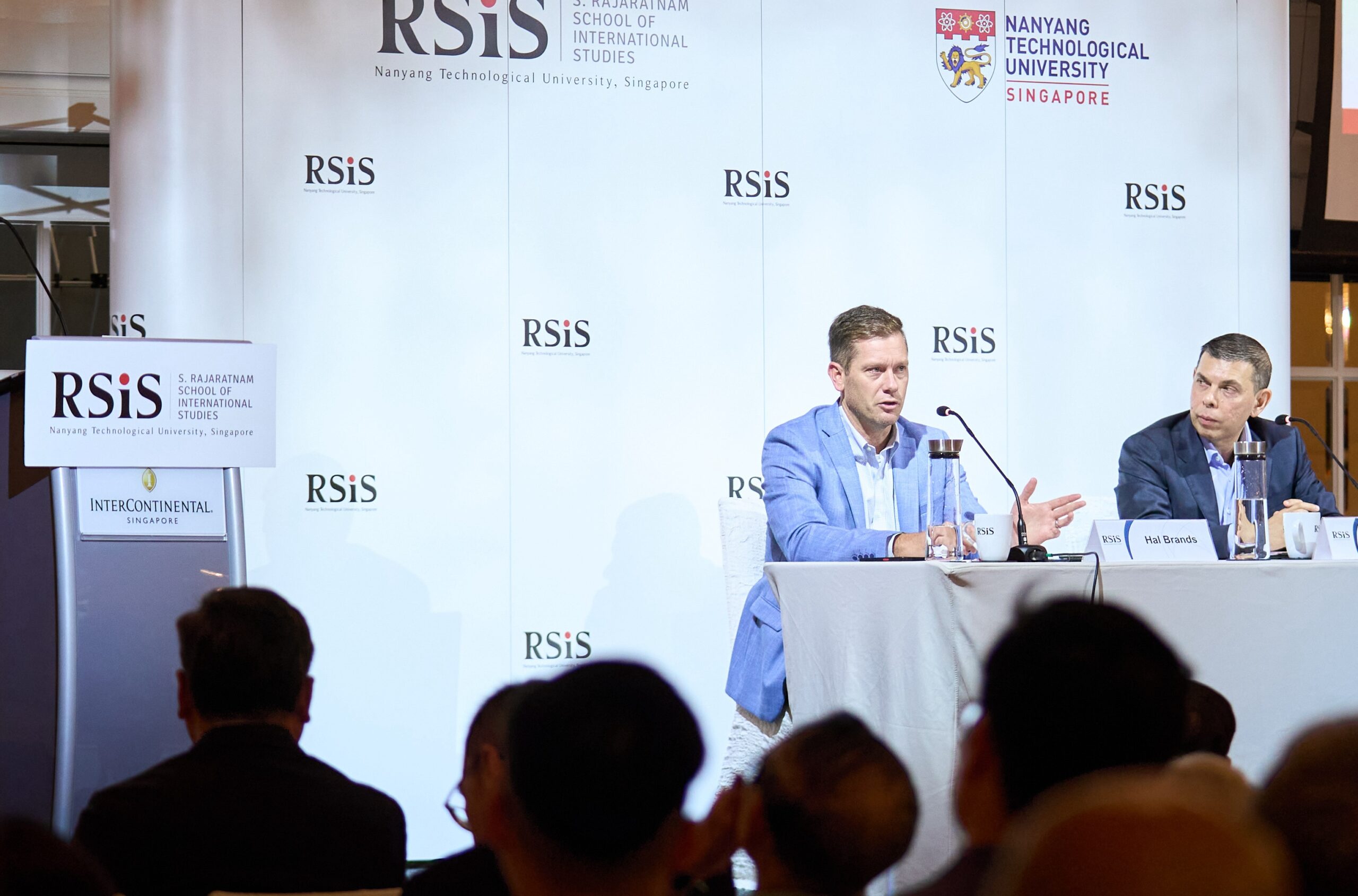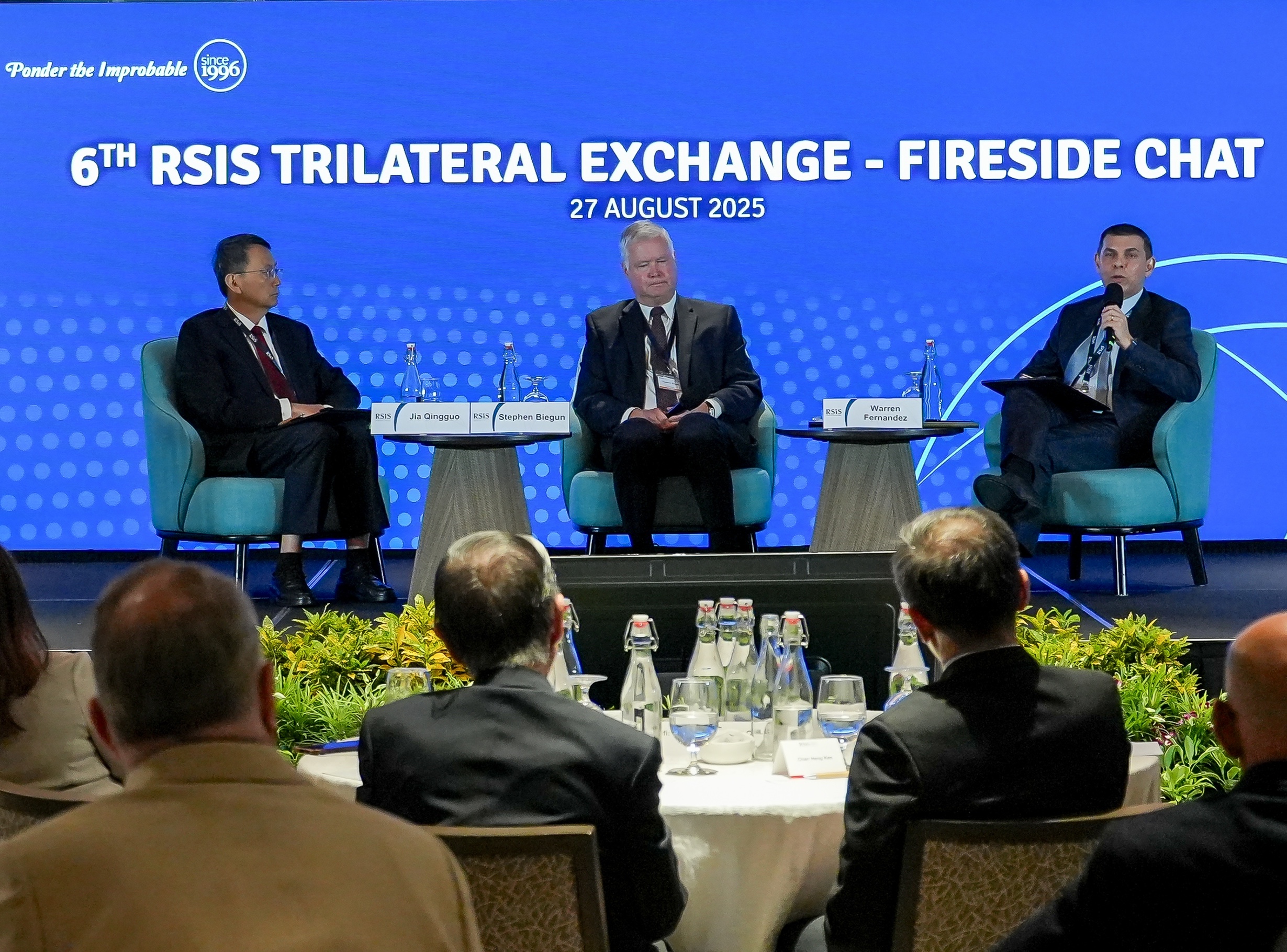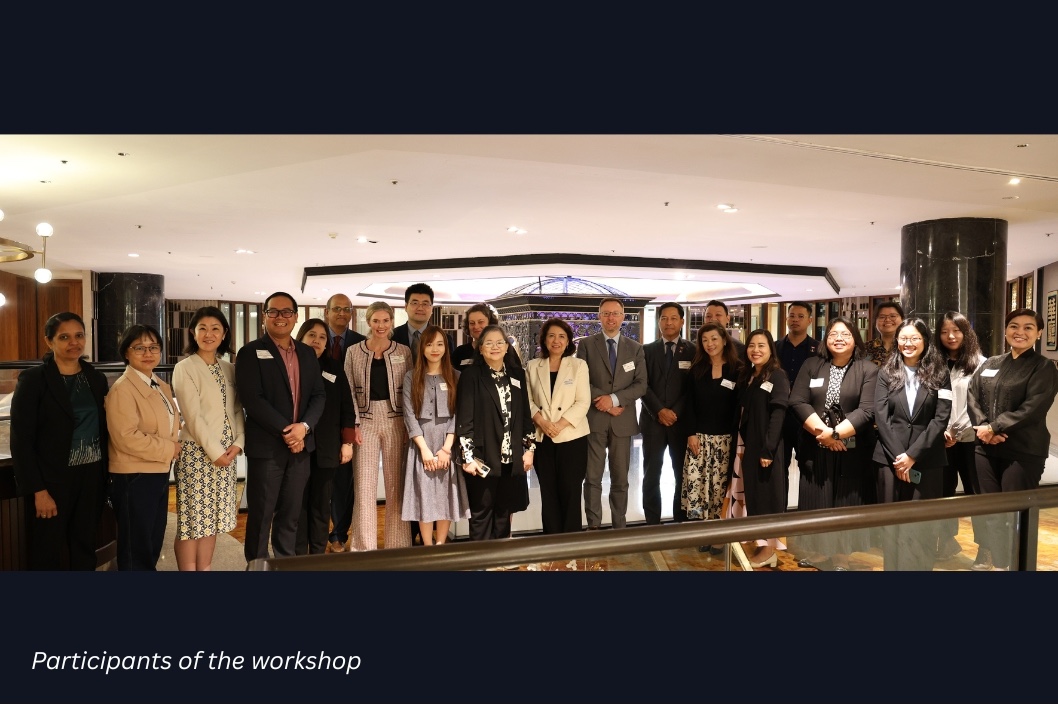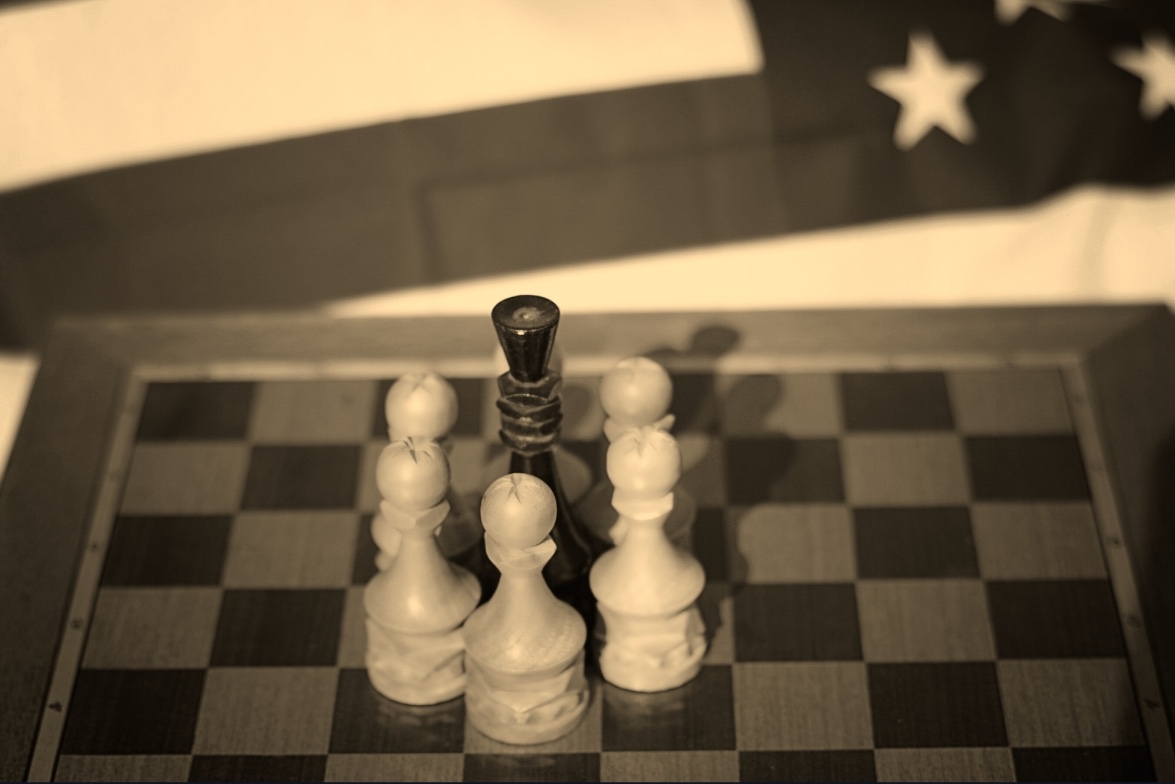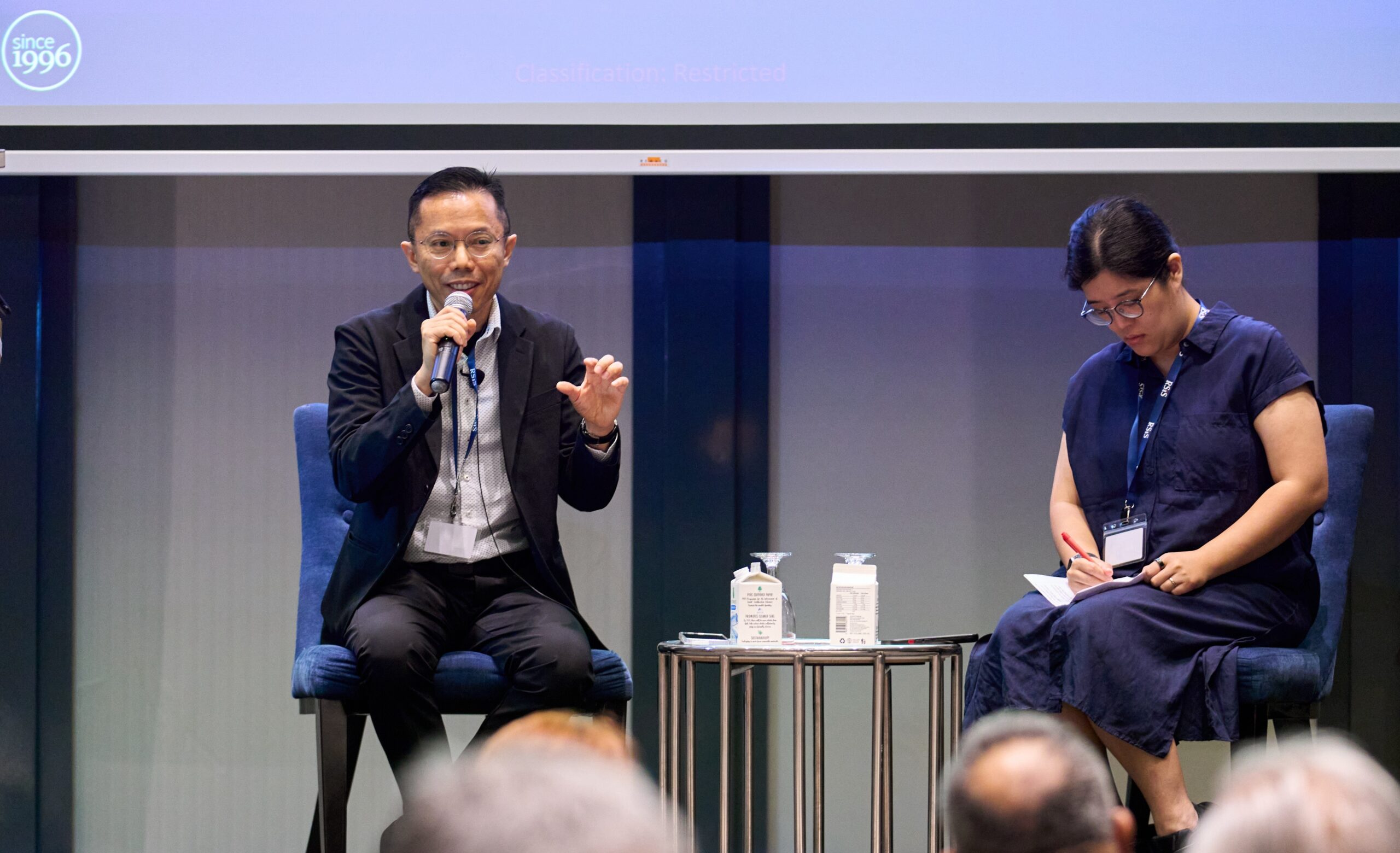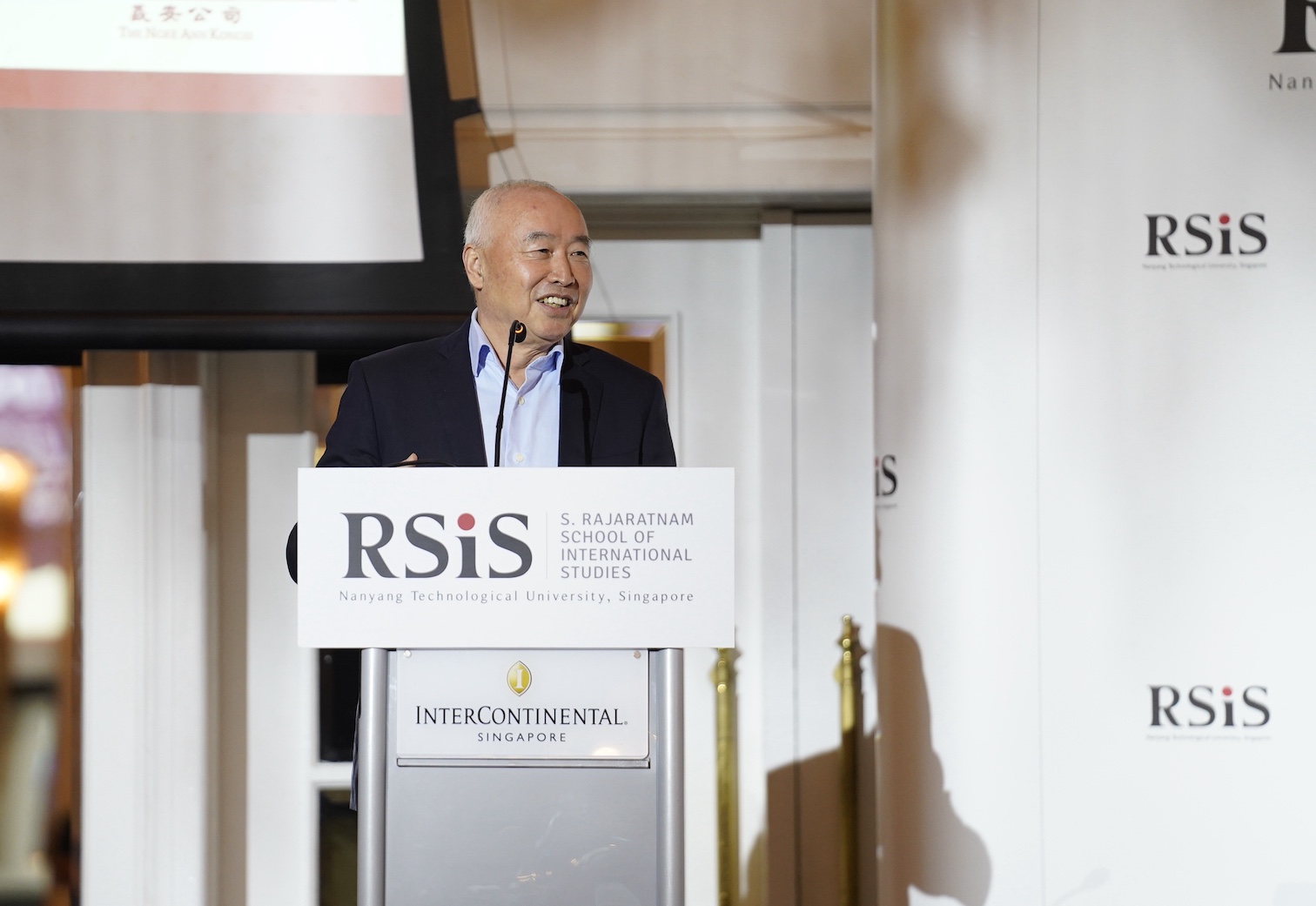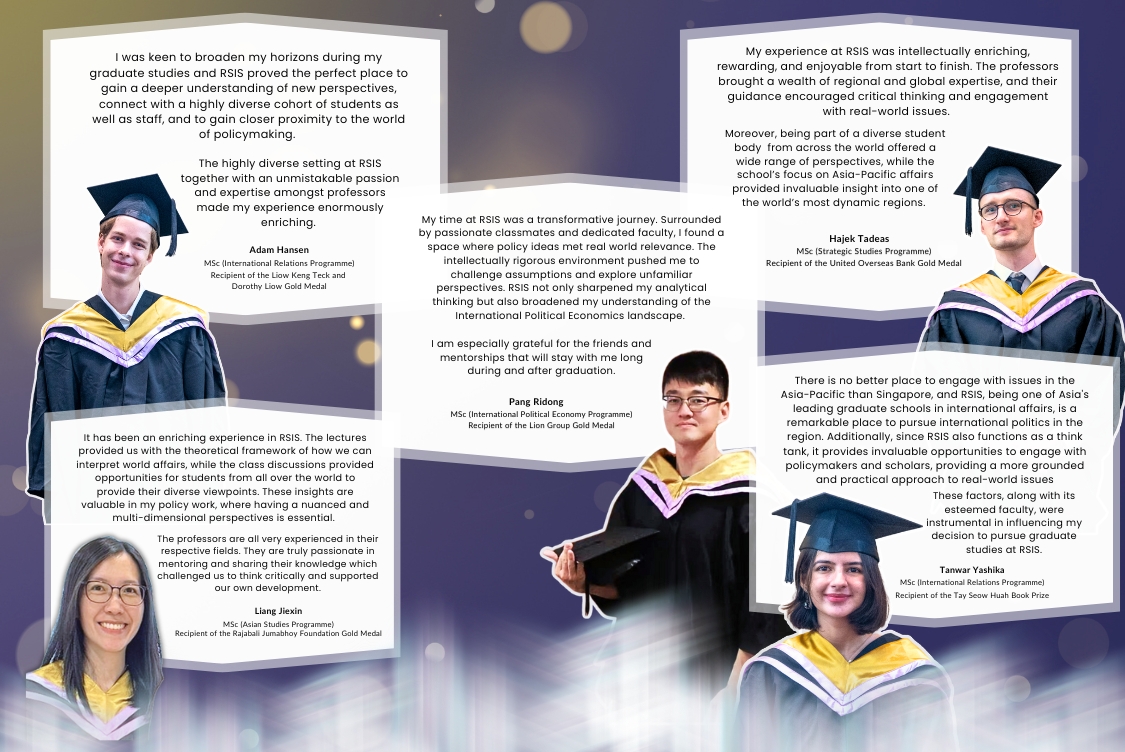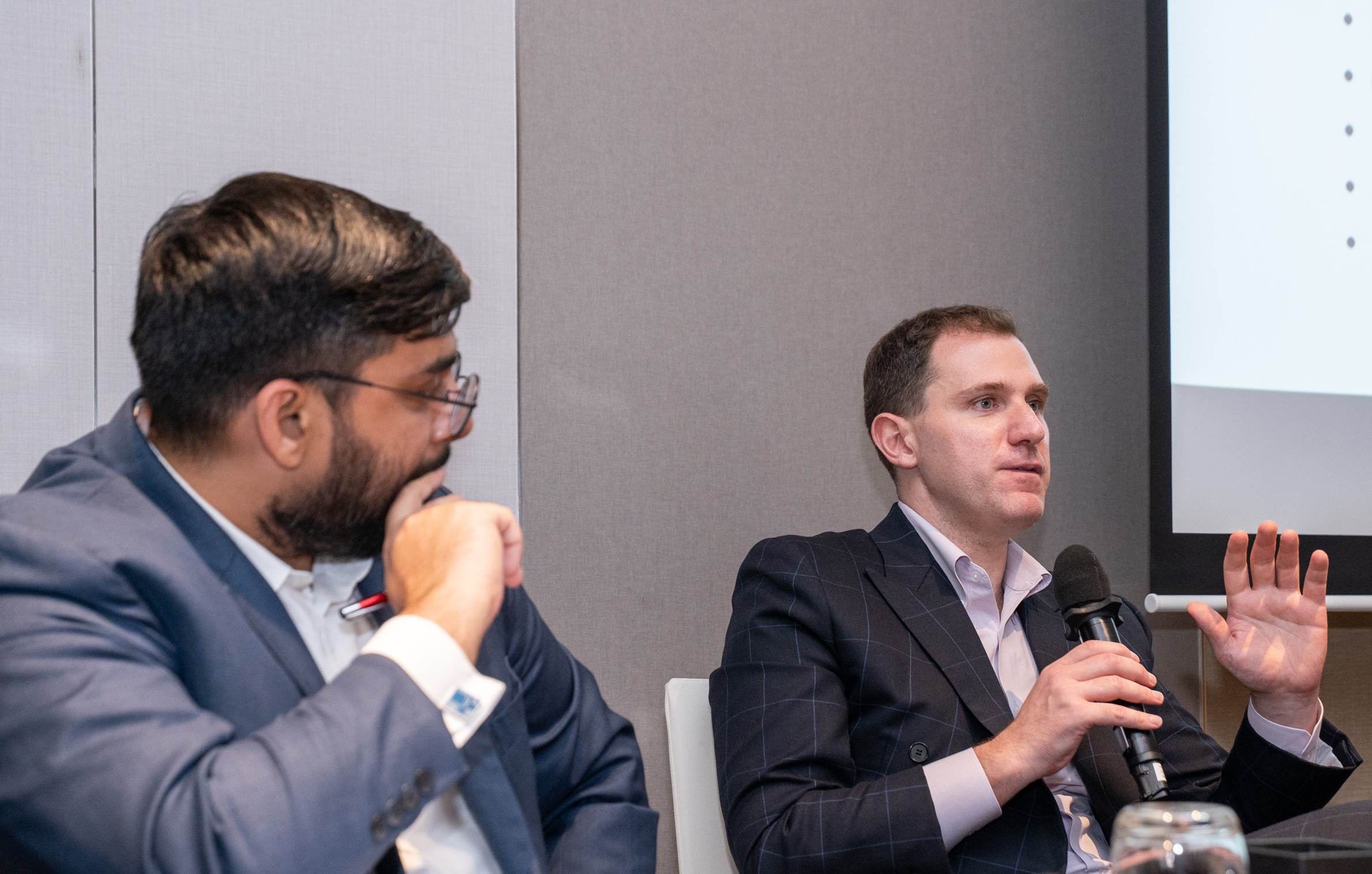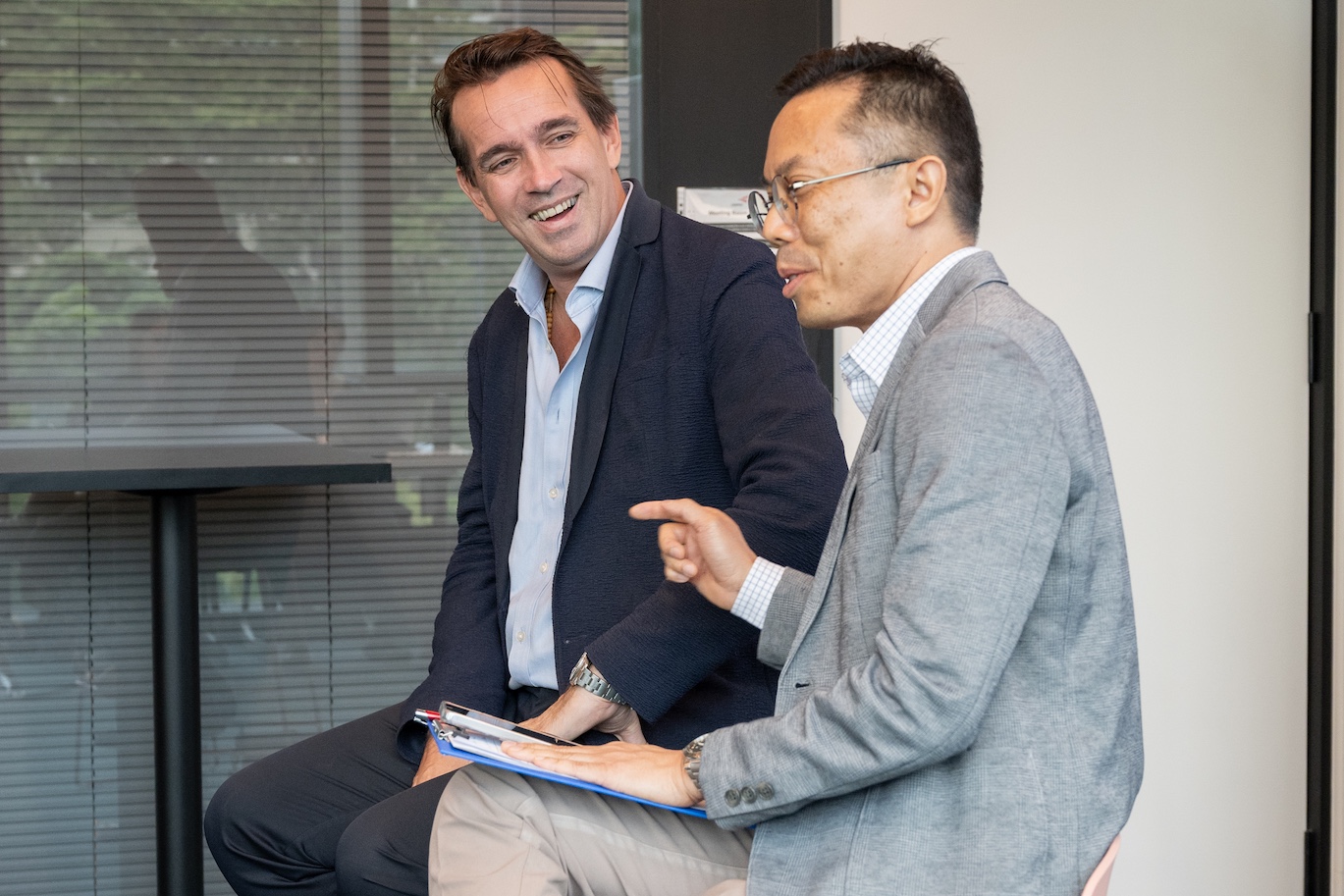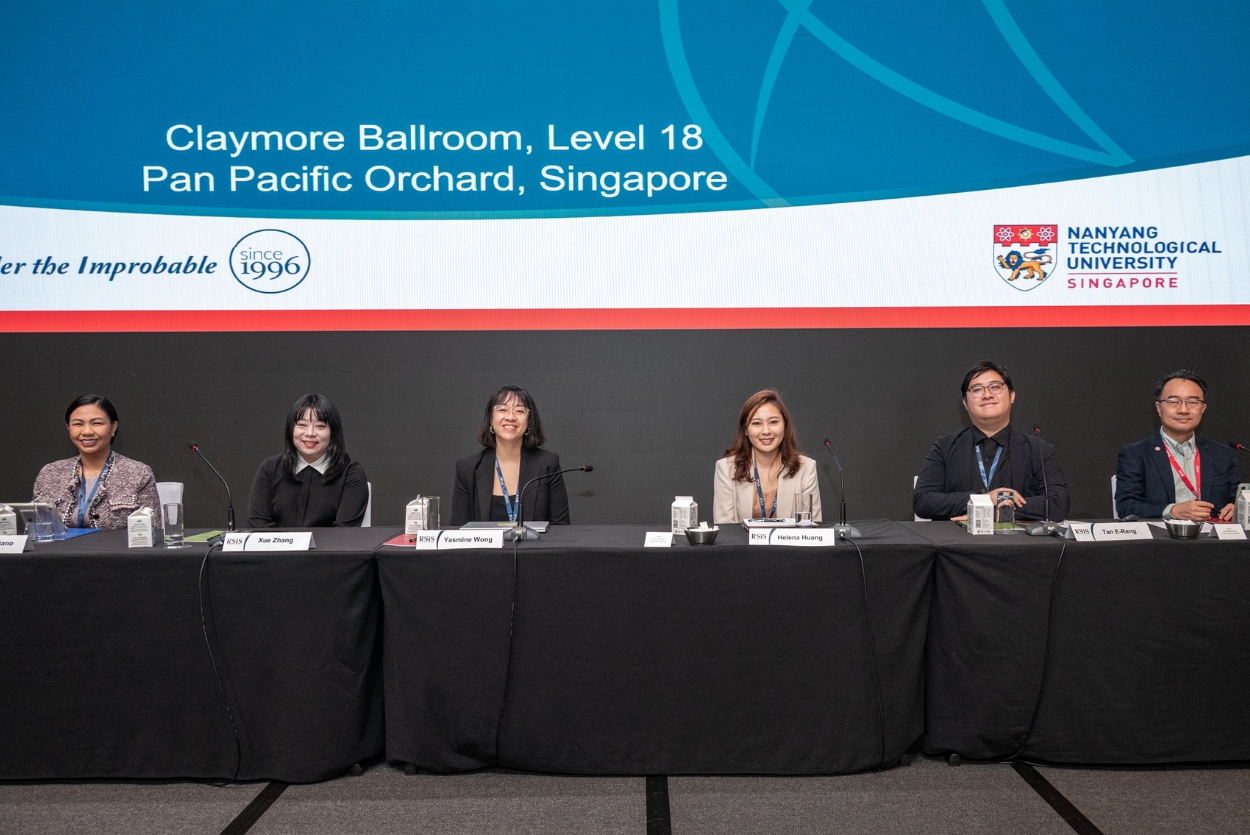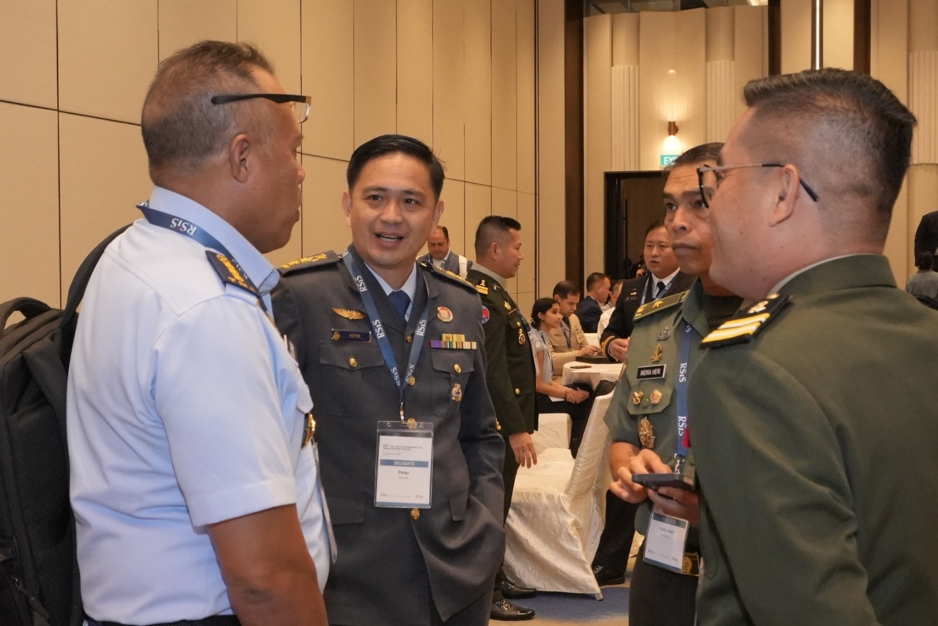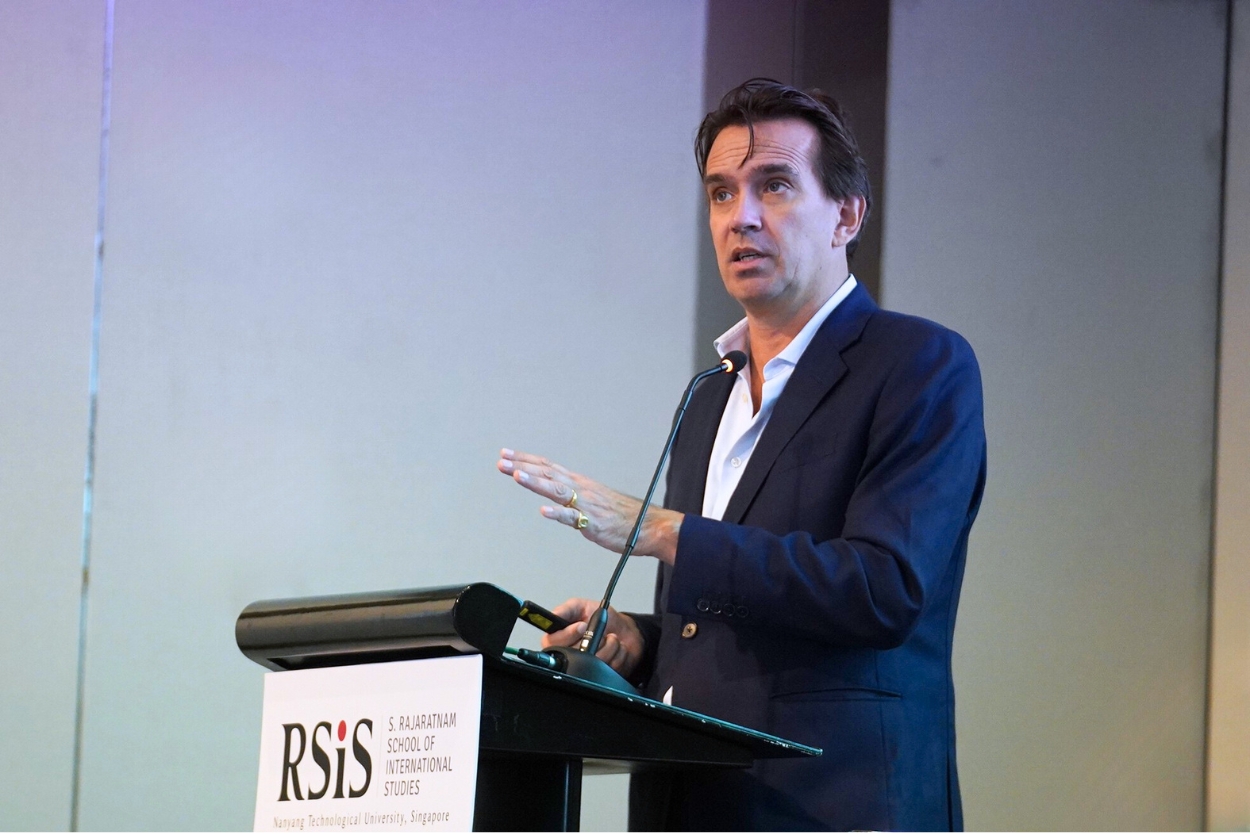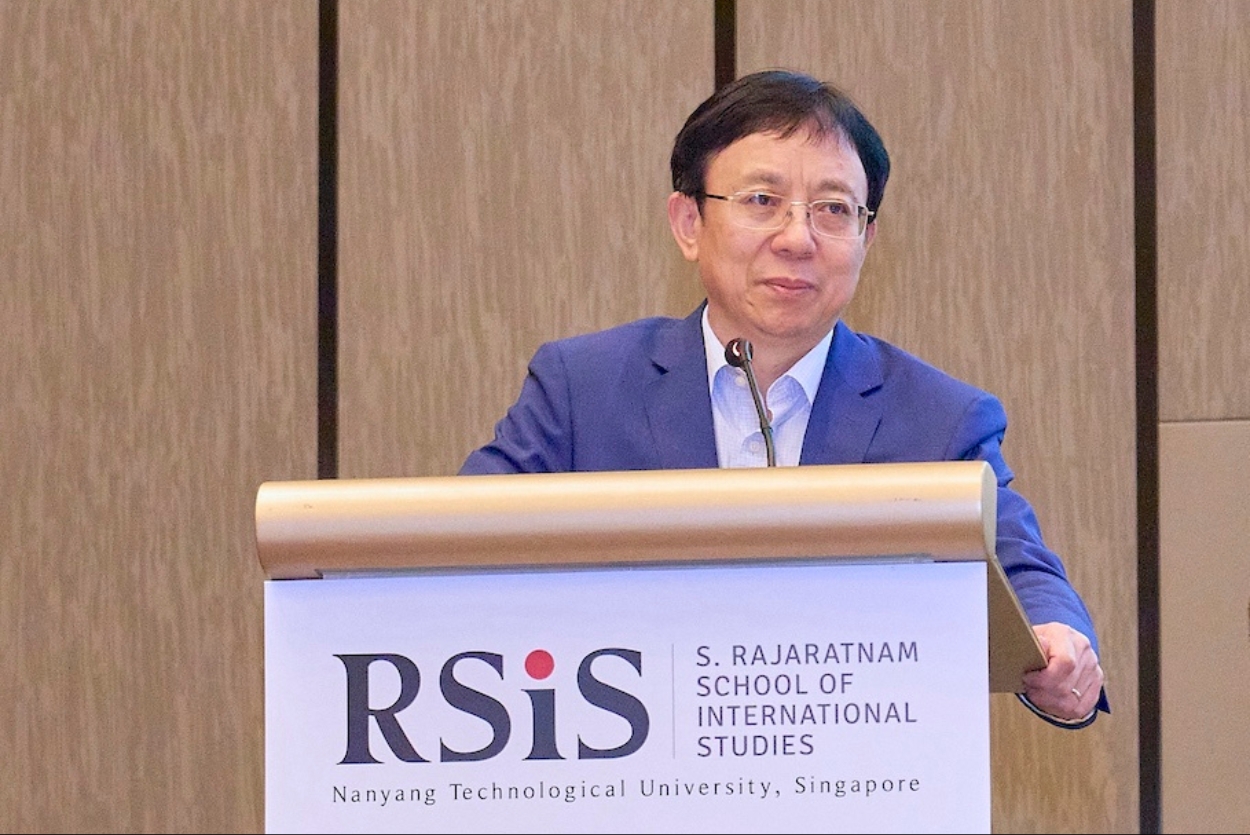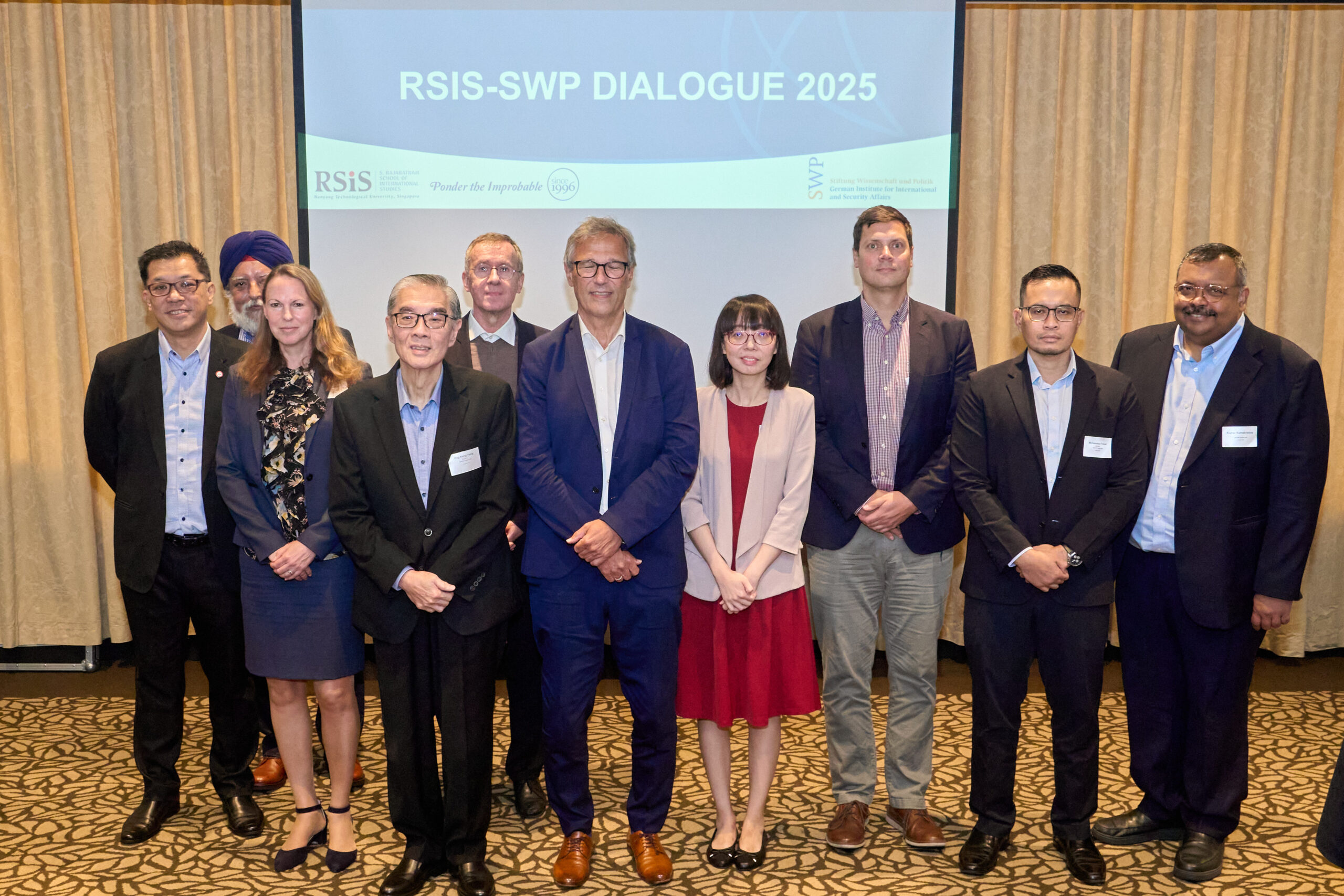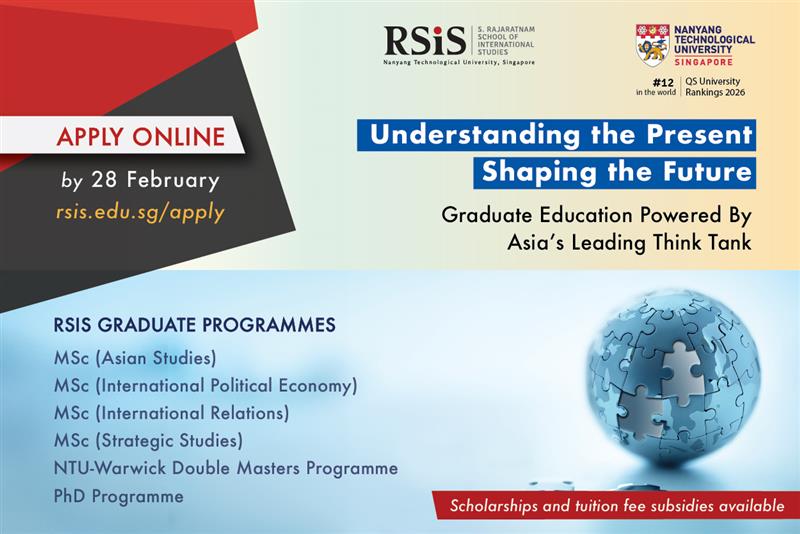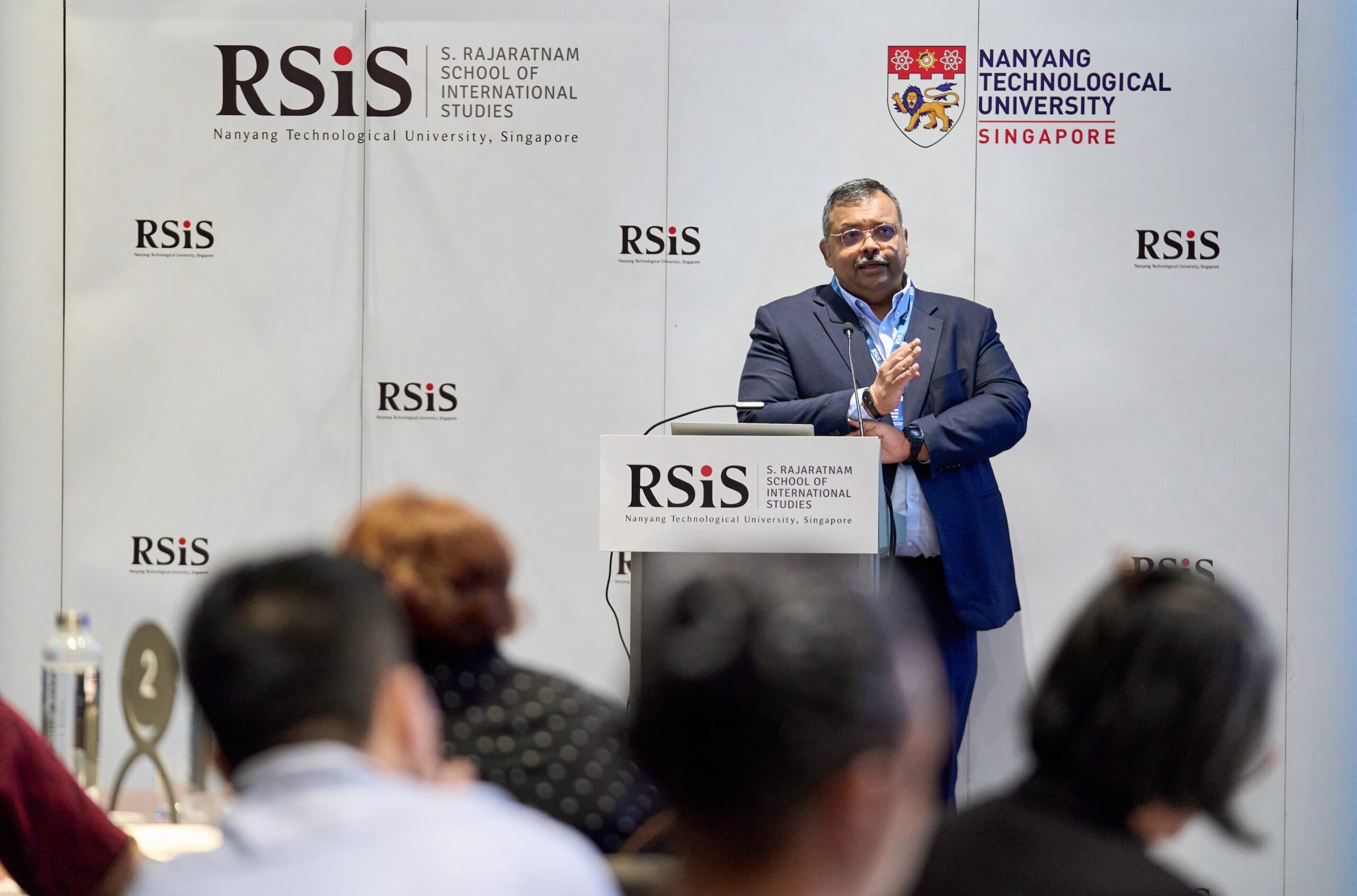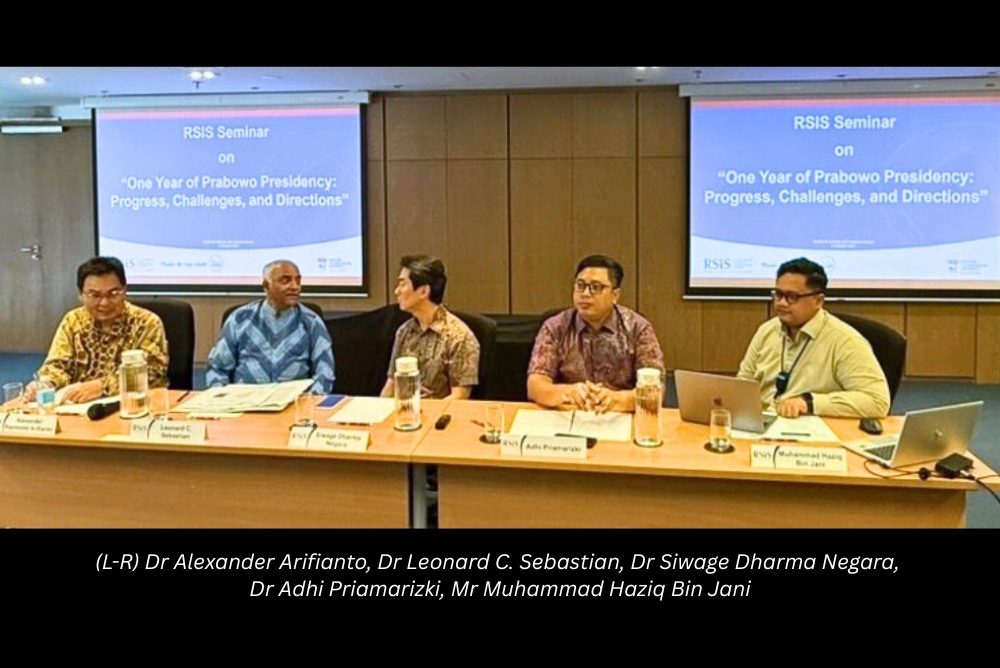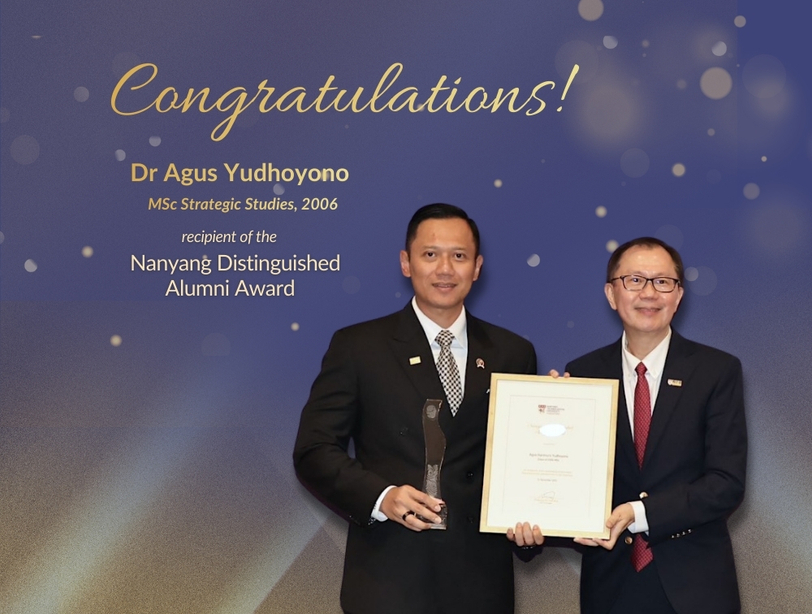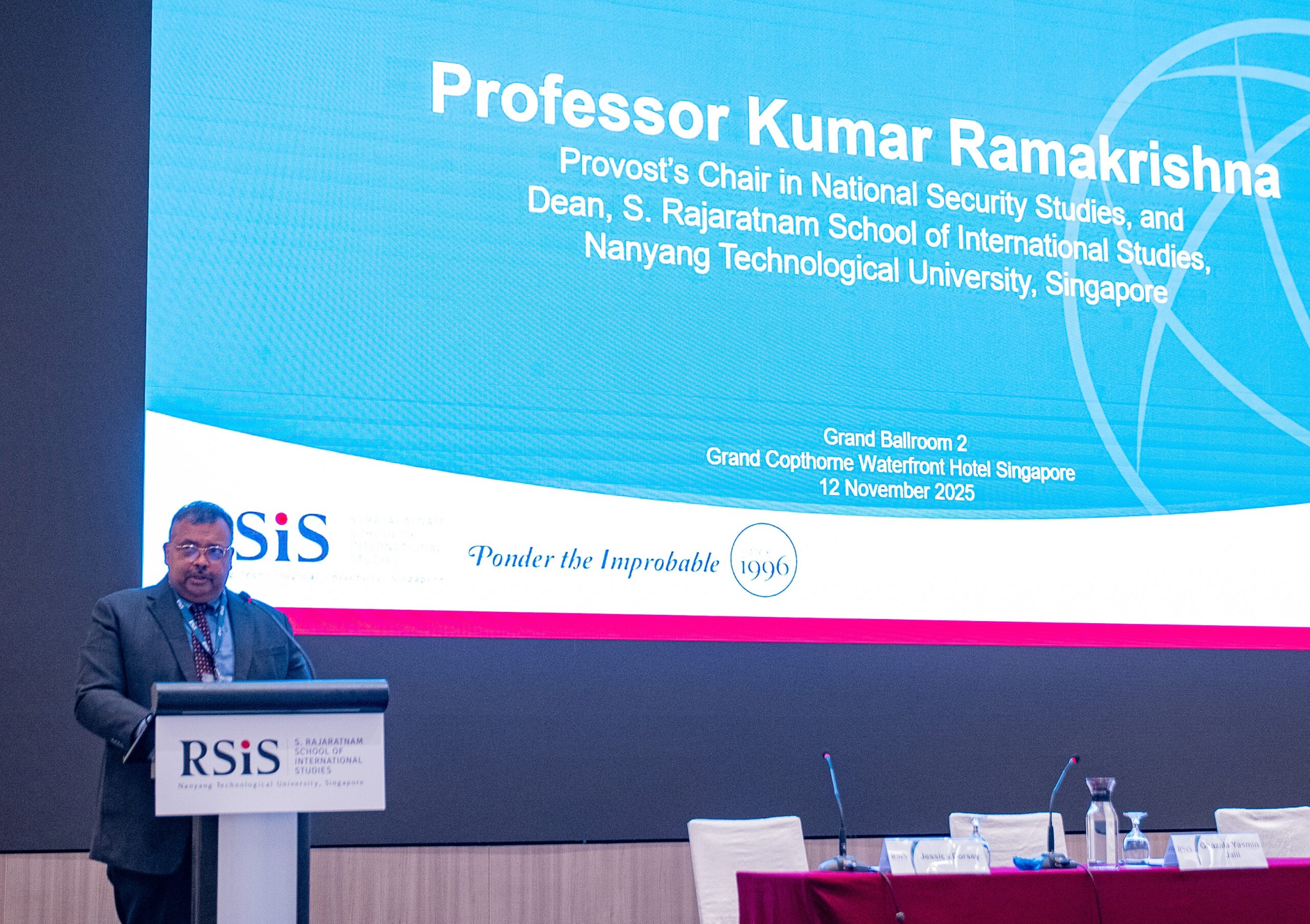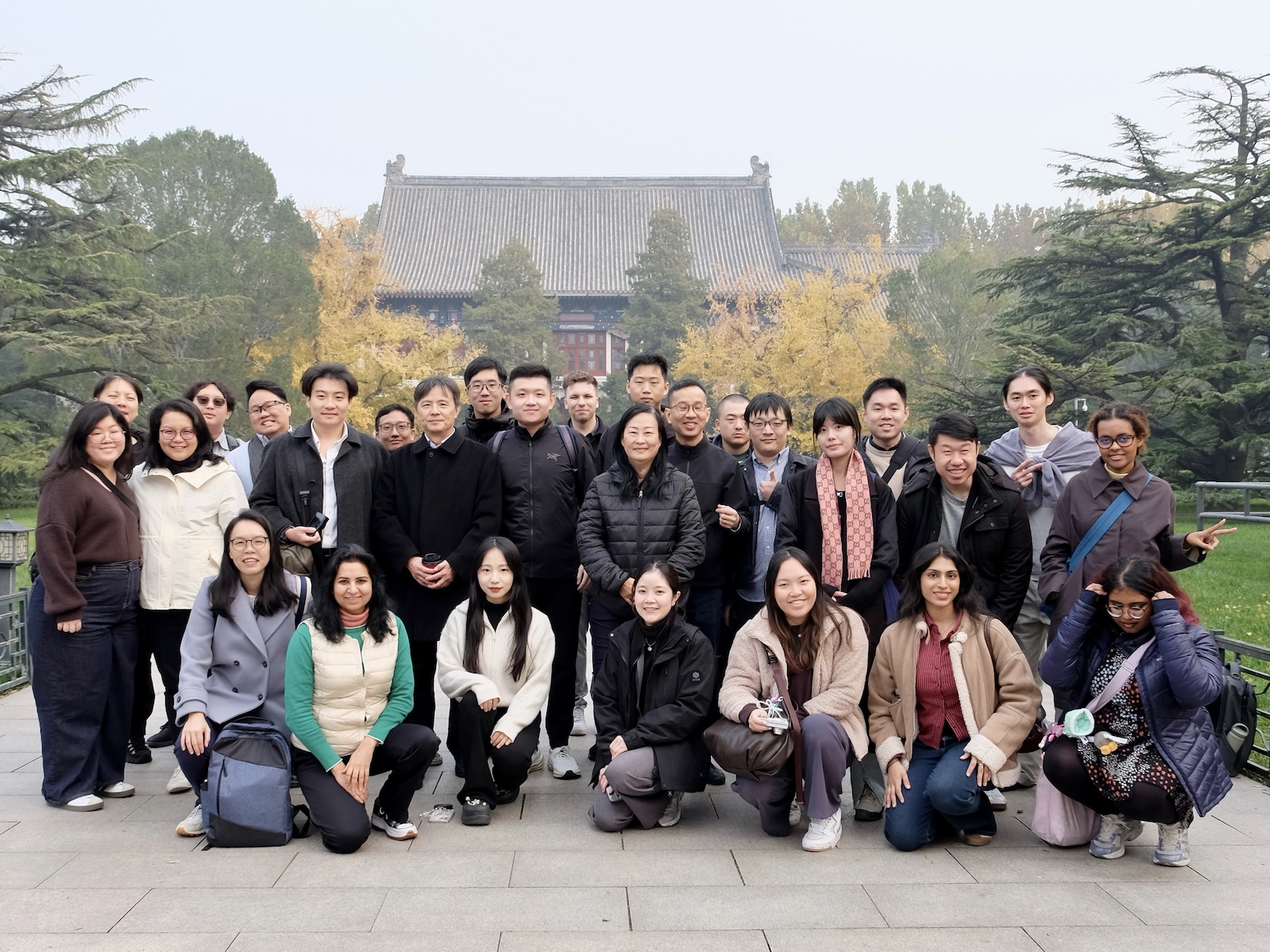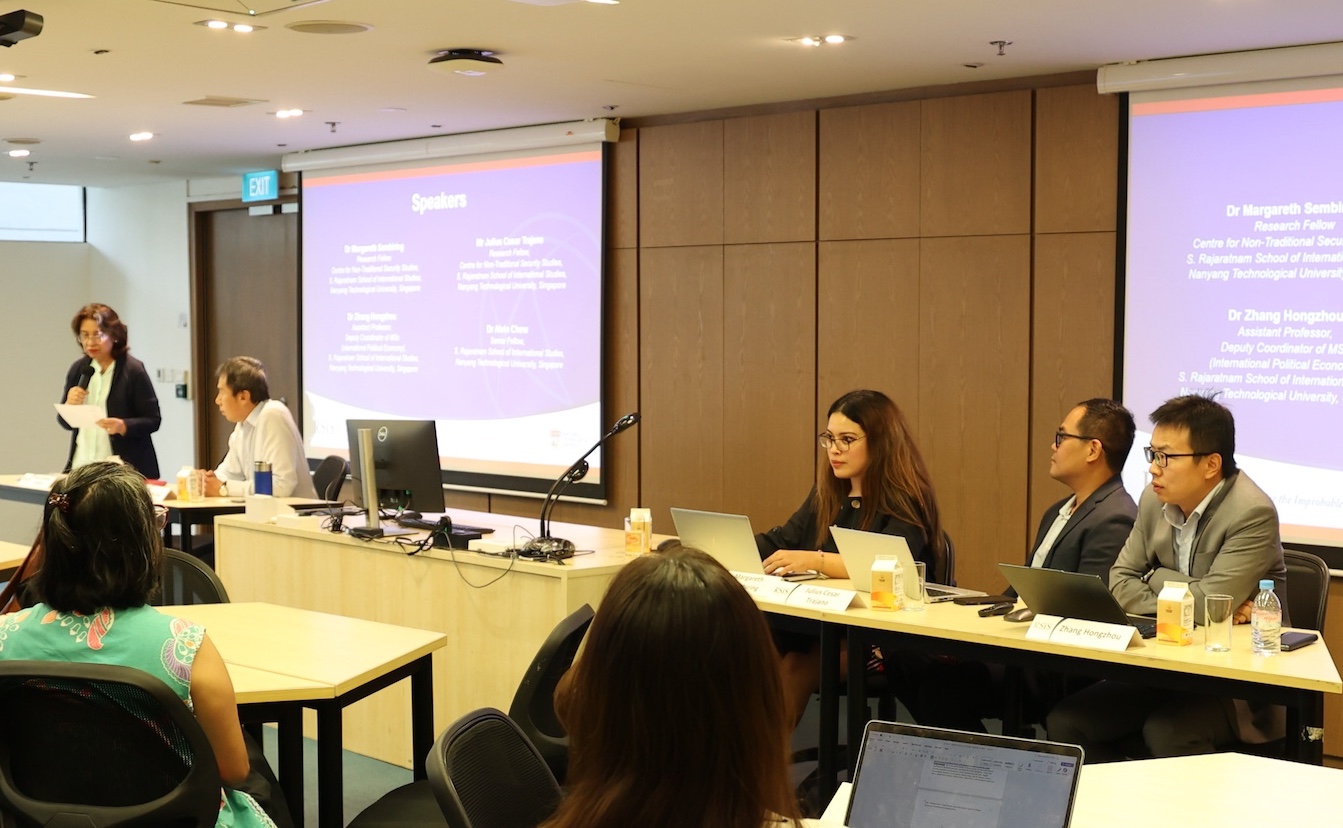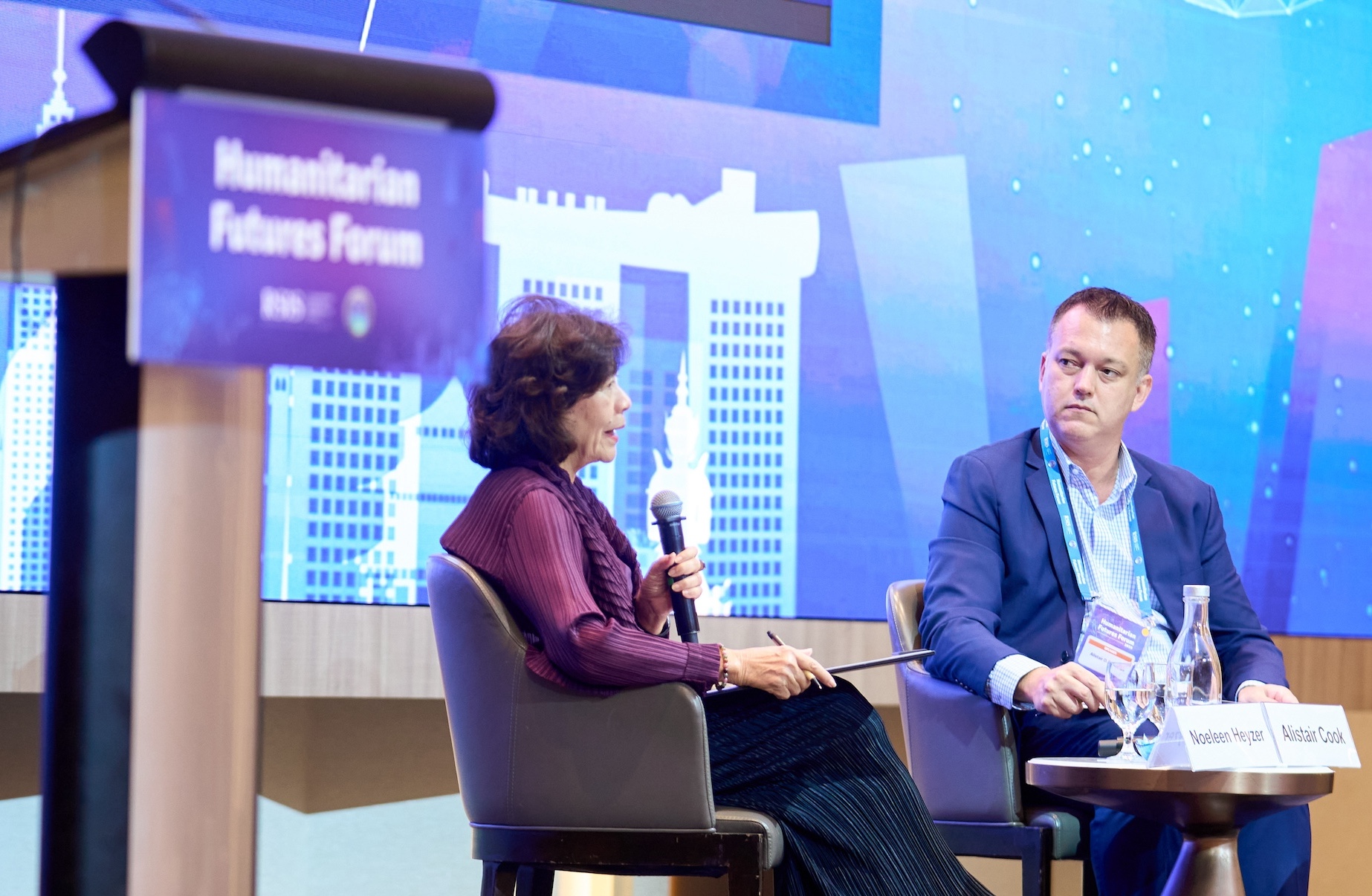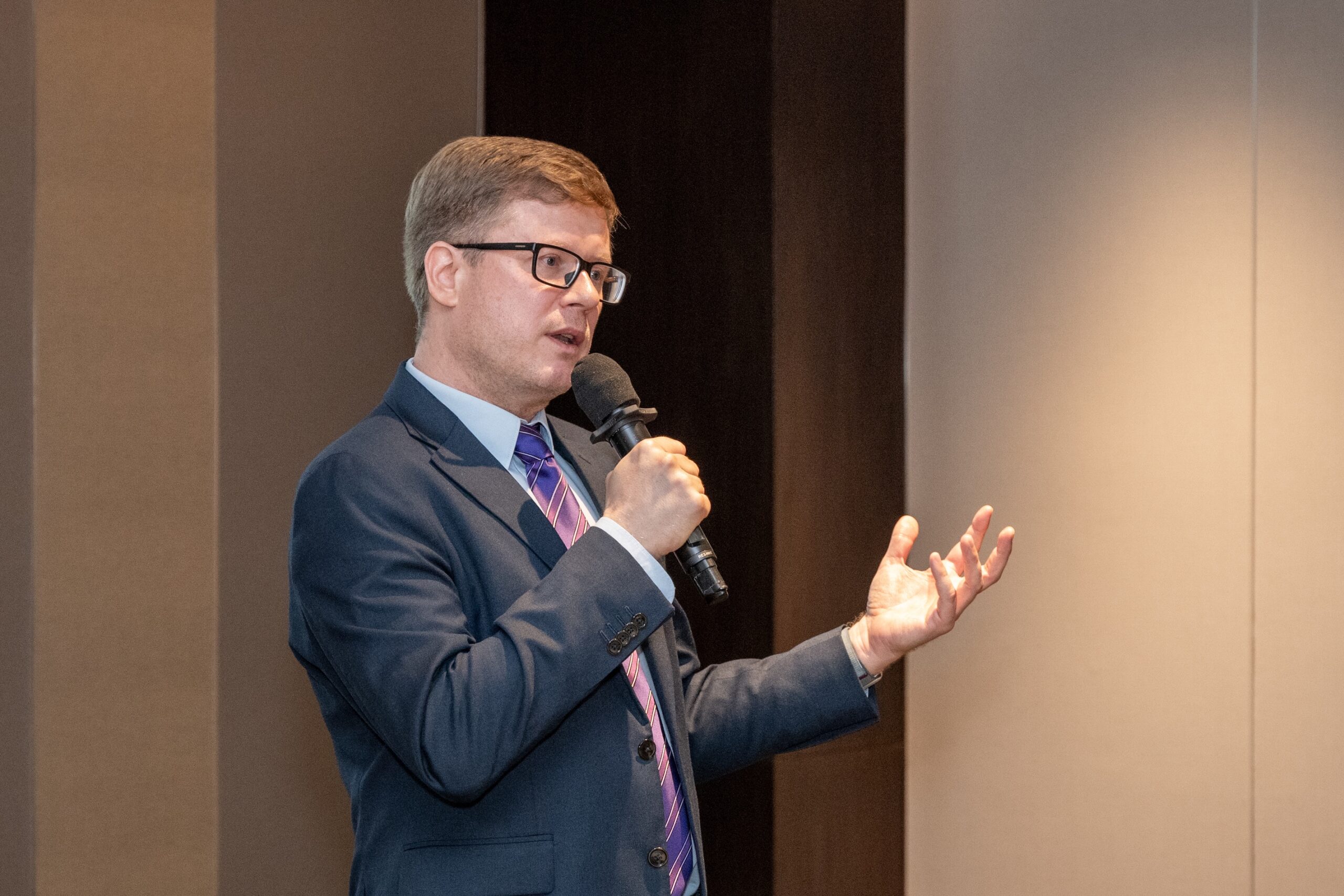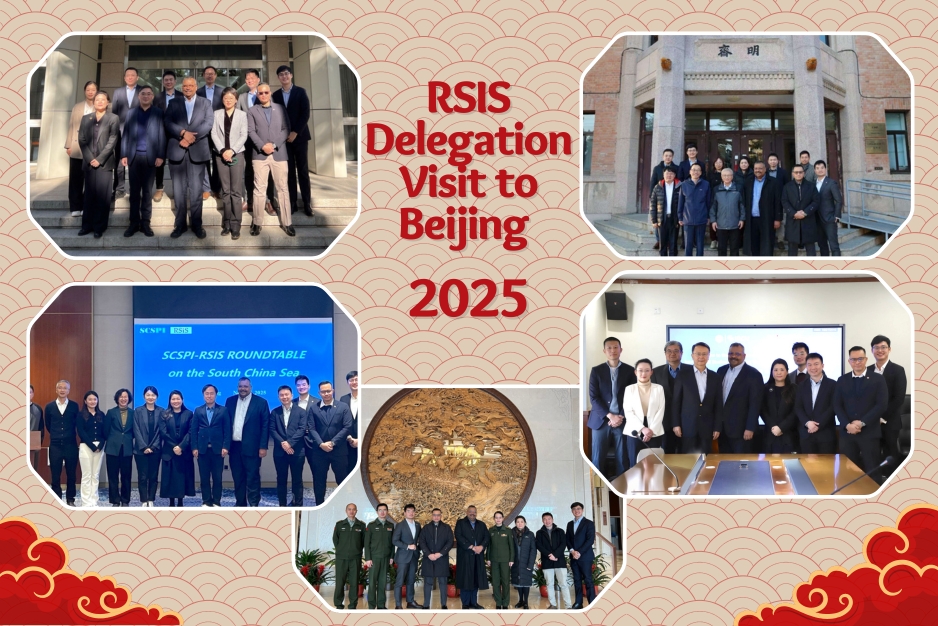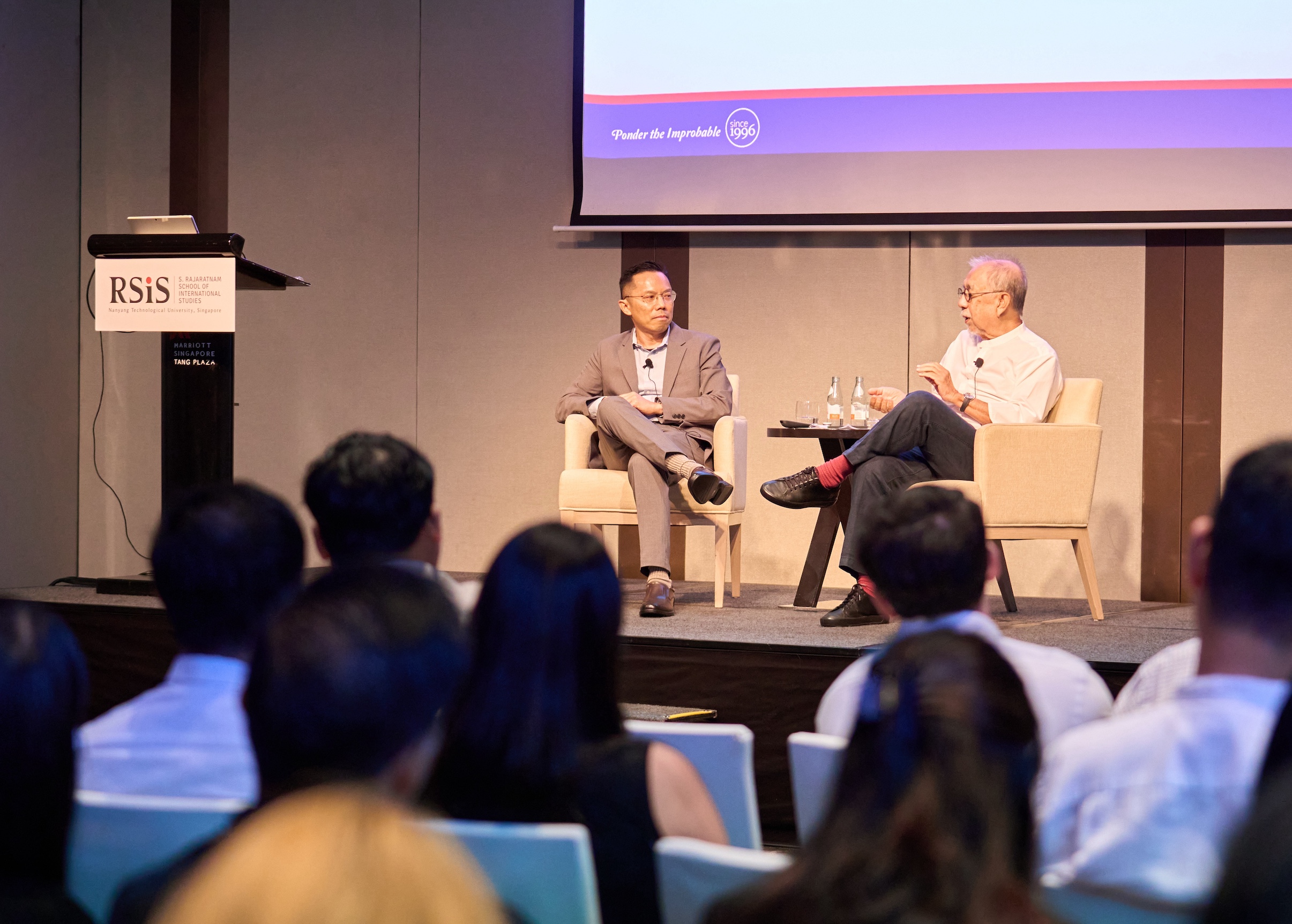
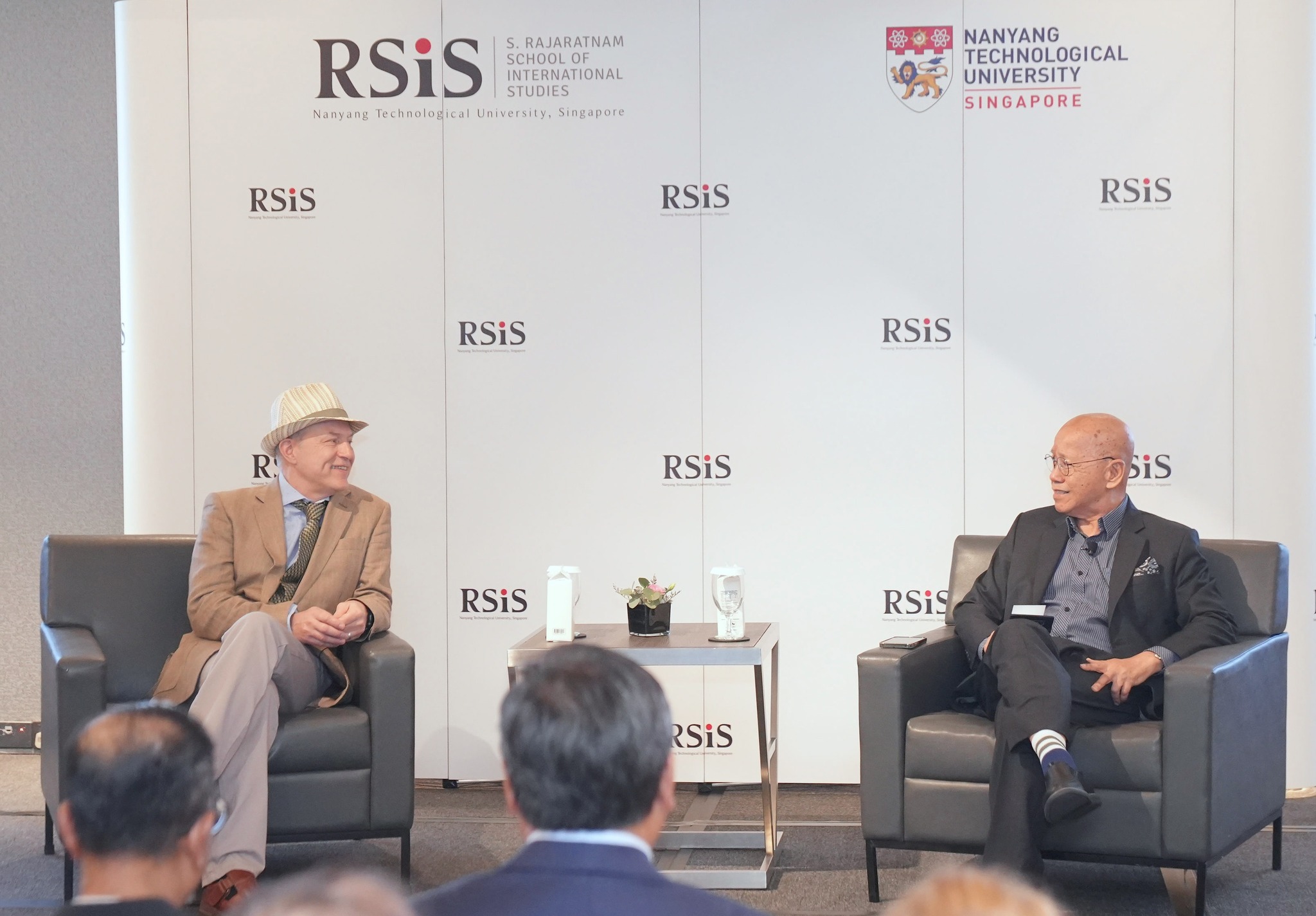
Professor Harvey Whitehouse, Professor of Social Anthropology at the University of Oxford, Fellow of Magdalen College, and the Director of Oxford’s Centre for the Study of Social Cohesion; spoke on “Exploring the Bonds that Unite Us”. Held on 13 March 2025, Professor Whitehouse shared on his research on the cognitive and evolutionary sciences of social cohesion, and that moral intuitions and group identities can be used either to negatively deepen divisions or positively increase cooperation across the globe.
Professor Whitehouse observed that restoring humanity’s moral roots could address the decline of trust in society. After reviewing over 600 sources, he identified seven universal moral principles: helping family, helping groups, returning favours, bravery, respecting authority, fair resource division, and respecting property. He explained that societal polarization arises when different groups emphasize different parts of this moral compass. Additionally, the concept of “identity fusion” can intensify group loyalty. To improve social cohesion, Professor Whitehouse suggested focusing on shared values, as seen in the increased trust between Jewish-American and Muslim-American communities after emphasising their shared suffering. Dr William Wan, a lawyer, theologian, and community leader, moderated the discussion.
Watch the seminar here:
In a subsequent seminar on 20 March, Professor Whitehouse shared his research on “The Ritual Animal: Exploring Questions About Ritual, Human Nature, and Society”. How do humans learn social norms and conventions as they grow up? Why do people engage in rituals, and what are the effects of these rituals on societal outcomes?
Professor Whitehouse spoke on his research findings from the fields of developmental psychology, anthropology, history and archaeology. He showed that understanding the nature and power of rituals may be crucial to creating more peaceful and sustainable futures.
He also expounded on why children imitate others, proposing that imitation is driven not just by trust in instructors, but also by a desire to belong to a group. He further explored the types of rituals that promote social cohesion, distinguishing between imagistic rituals which are personally transformative, leading to intense cohesion; and doctrinal rituals, which in contrast are higher in frequency but lower in intensity, leading to large-scale diffused cohesion
Across the world, people are increasingly withdrawing from all kinds of rituals. For example, the decline in frequency of family dinners reduces both the shared experience of spending time with one’s family and also the shared experience across the region of sitting down and dining at the same time. Professor Whitehouse called for a revitalisation of engaging in rituals in daily life so that people may become more fused with wider society, therefore increasing levels of social trust and cohesion.
Missed the seminars? Listen to Professor Whitehouse’s thoughts on “Tapestry of Cohesion”, a podcast by the Social Cohesion Research Programme (SCRP) at RSIS, NTU; exploring the critical issues shaping social cohesion in today’s world. Talking to Elliot Danker, he explored the powerful bonds that hold communities together, sharing key insights from his latest book, Inheritance: The Evolutionary Origins of the Modern World, and delving into themes of conformism, religiosity, and tribalism.
Listen to the episode here:




